Presentation Slides
Chinese Medicine Research Hub
Review Article
Pumpkin seeds are recognised for their medicinal, nutritional, and cosmetic benefits, including anti-diabetic, heart disease prevention, anti-cancer, and antioxidant qualities.
2024 The Natural Products Journal Pumpkin Seeds (Cucurbita spp.) as a Nutraceutical Used In Various Lifestyle
Disorders
Wal A, Singh MR, Gupta A, Rathore S, Rout RR, Wal P
Chinese Medicine Research Hub
Cohort Study
Long-term consumption of green tea can potentially lessen the risk of depression in postmenopausal women by decreasing inflammation and boosting estradiol levels.
2023 Nutrients Long-Term Consumption of Green Tea Can Reduce the Degree of Depression in Postmenopausal Women by Increasing Estradiol
Wan Z, Qin X, Tian Y, Ouyang F, Wang G, Wan Q
Chinese Medicine Research Hub
Animal Study
Fermented Pueraria lobata root extract and Glycine max extract showed estrogen-like activities, reducing depressive symptoms in menopausal mice but not increasing female cancer risks.
2023 Journal of Functional Foods Effects of Pueraria lobata root and Glycine max (L.) Merrill extracts fermented with Lactiplantibacillus plantarum on the depressive-like behavior in ovariectomized mice via upregulation of hippocampal BDNF
Ha J, Jang HM, Choi I
Chinese Medicine Research Hub
Randomised Controlled Trial
Gui Zhi Fu Ling Wan significantly reduced menstrual pain in primary dysmenorrhea patients with heat-burning blood-stasis syndrome, without notable adverse effects.
2023 Journal of Ethnopharmacology Effect of Guizhi Fuling Wan in primary dysmenorrhea: A randomized controlled trial
Luo Y, Mao P, Chen P, Li C, Fu X, Zhuang M
Chinese Medicine Research Hub
Review Article
Vitamin D deficiency could accelerate depressive symptoms and suicide risks, and vitamin D supplementation may mitigate these effects.
2023 Nutrients Vitamin D in Depression: A Potential Bioactive Agent to Reduce Suicide and Suicide Attempt Risk
Somoza-Moncada MM, Turrubiates-Hernández FJ, Muñoz-Valle JF, Gutiérrez-Brito JA, Díaz-Pérez SA, Aguayo-Arelis A, Hernández-Bello J
Chinese Medicine Research Hub
Animal Study
Pumpkin seeds have been shown to provide neuropharmacological benefits such as reducing anxiety and depression, and improving memory.
2023 Behavioural Neurology Cucurbita maxima Seeds Reduce Anxiety and Depression and Improve Memory
Wahid S, Alqahtani A, Khan RA
Chinese Medicine Research Hub
Randomised Controlled Trial
Acupuncture can improve both perimenopausal depression and insomnia with short-medium term effects while being a safe treatment.
2023 Frontiers in Public Health Acupuncture for comorbid depression and insomnia in perimenopause: A feasibility patient-assessor-blinded, randomized, and sham-controlled clinical trial
Zhao FY, Zheng Z, Fu QQ, Conduit R, Xu H, Wang HR, Huang YL, Jiang T, Zhang WJ, Kennedy GA
Chinese Medicine Research Hub
Experimental Study
Pu-erh tea can potentially prevent depression-like behaviors induced by nighttime blue light from electronic devices by reshaping gut microbiota and increasing short-chain fatty acids generation.
2023 Food & Function Long-term Pu-erh tea consumption improves blue light-induced depression-like behaviors
Zhao S, Hu S, Sun K, Luo L, Zeng L
Chinese Medicine Research Hub
Cohort Study
Acupuncture shows promise in improving psychiatric symptoms, physical symptoms, and quality of life in patients with treatment-resistant mood disorders, highlighting its potential as a complementary therapy for these conditions.
2022 Journal of Acupuncture and Meridian Studies Effect of Acupuncture on Physical Symptoms and Quality of Life in Treatment-Resistant Major Depressive Disorder and Bipolar Disorder: a Single-Arm Longitudinal Study
Matsuura Y, Hongo S, Taniguchi H, Yasuno F, Sakai T
Chinese Medicine Research Hub
Review Article
Chaihu Shugan powder, a traditional Chinese medicine, presents potential advantages in treating post-stroke depression, showing potential as an alternative to conventional antidepressants.
2022 Medicina A Chinese Classical Prescription Chaihu Shugan Powder in Treatment of Post-Stroke Depression: An Overview
Gao Z, Wang Y, Yu H
Chinese Medicine Research Hub
Systematic Review
Acupuncture, either in isolation or as an adjunct to pharmacological treatment, has clinical benefits and can be considered a safe option for managing depression.
2022 Research in Nursing & Health Efficacy and safety of acupuncture for depression: A systematic review and meta‐analysis
Chen B, Wang CC, Lee KH, Xia JC, Luo Z
Chinese Medicine Research Hub
Systematic Review
Meta-analysis of TCM non-drug treatments like acupuncture and massage improved primary insomnia, reducing PSQI scores, and easing anxiety and depression.
2022 Computational Intelligence and Neuroscience Observation on the Clinical Efficacy of Traditional Chinese Medicine Non-Drug Therapy in the Treatment of Insomnia: A Systematic Review and Meta-Analysis Based on Computer Artificial Intelligence System
Zhuang J, Wu J, Fan L, Liang C
Chinese Medicine Research Hub
Systematic Review
Meta-analysis has strong implications of the effectiveness of tongue acupuncture, especially when combined with conventional therapies, in treating poststroke aphasia. This holistic approach demonstrates significant improvements in patient outcomes.
2022 Evidence-Based Complementary and Alternative Medicine Tongue Acupuncture for the Treatment of Poststroke Aphasia: A Systematic Review and Meta-Analysis
Yang S, Li L, Jiang R, Ding H, Xu F, Ge L, Kuang P, Wang Z
Chinese Medicine Research Hub
Randomised Controlled Trial
The combined use of chamomile and saffron with usual medication enhances the efficacy against depression and ensures long term improvement.
2022 Heliyon A randomized clinical trial to test efficacy of chamomile and saffron for neuroprotective and anti-inflammatory responses in depressive patients
Ahmad S, Azhar A, Tikmani P, Rafique H, Khan A, Mesiya H, Saeed H
Chinese Medicine Research Hub
Review Article
Depression, a prevalent and debilitating disorder, necessitates novel treatments beyond conventional drugs. Stingless bee honey, rich in antioxidants, emerges as a potential antidepressant candidate, explored comprehensively through monoamine, inflammatory, and neurotrophin hypotheses.
2022 Molecules Pathophysiology of Depression: Stingless Bee Honey Promising as an Antidepressant
Zakaria FH, Samhani I, Mustafa MZ, Shafin N
Chinese Medicine Research Hub
Network Pharmacology
Combining traditional Chinese medicine may offer potential therapeutic value in treating both Alzheimer's disease and major depressive disorder simultaneously.
2022 Natural Product Communications Screening Traditional Chinese Medicine Combination for Co-Treatment of Alzheimer's Disease and Major Depressive Disorder by Network Pharmacology
Huang Z, Fang Y, Wang X, Wang Q, Wang T
Chinese Medicine Research Hub
Review Article
Xiao Yao San has potential as an effective and safe alternative treatment for depression, offering multiple mechanisms of action for its antidepressant effects.
2022 Frontiers in Pharmacology Research progress on classical traditional chinese medicine formula xiaoyaosan in the treatment of depression
Chen J, Lei C, Li X, Wu Q, Liu C, Ma Q, Chen J.
Chinese Medicine Research Hub
Systematic Review
Chinese herbal medicine shows promising and safe outcomes in relieving functional dyspepsia symptoms and associated psychological disorders.
2022 Frontiers in Neuroscience Chinese Herbal Medicine for Functional Dyspepsia With Psychological Disorders: A Systematic Review and Meta-Analysis
Luo X, Wang L, Fang S, Qing X, Jiang T, Yang Y, Su X, Wei W
Chinese Medicine Research Hub
Systematic Review
Vitamin D supplementation, particularly in doses greater than 2,000 IU/day, can help reduce depressive symptoms in adults.
2022 Critical Reviews in Food Science and Nutrition The effect of vitamin D supplementation on depressive symptoms in adults: A systematic review and meta‐analysis of randomized controlled trials
Mikola T, Marx W, Lane MM, Hockey M, Loughman A, Rajapolvi S, Rocks T, O’Neil A, Mischoulon D, Valkonen-Korhonen M, Lehto SM, Ruusunen A
Chinese Medicine Research Hub
Randomised Controlled Trial
Modified Xiao Chai Hu Decoction combined with mirtazapine shows superior effectiveness in treating persistent depressive disorder compared to traditional Chinese medicine alone.
2022 Frontiers in Pharmacology Modified Xiaochaihu Decoction Combined with Mirtazapine in the Treatment of Persistent Depression: A Pilot Randomized Controlled Trial
Xin Li, Xiuyu Li, Man Gong, Chaoqun Li, Jing Li, Chao Zhou, Tingting He
Chinese Medicine Research Hub
Systematic Review
Acupuncture showed a significant effect in the management of fibromyalgia patients. It reduced pain, depression, and enhanced quality of life.
2022 Healthcare Efficacy of Acupuncture, Intravenous Lidocaine, and Diet in the Management of Patients with Fibromyalgia: A Systematic Review and Network Meta-Analysis
Almutairi NM, Hilal FM, Bashawyah A, Dammas FA, Yamak Altinpulluk E, Hou JD, Lin JA, Varrassi G, Chang KV, Allam AES
Chinese Medicine Research Hub
Systematic Review
Chinese herbal medicine shows evident efficacy in treating coronary heart disease patients with anxiety or depression, notably improving symptoms of angina pectoris.
2022 Frontiers in Pharmacology Evidence and Characteristics of Traditional Chinese Medicine for Coronary Heart Disease Patients With Anxiety or Depression: A Meta-Analysis and Systematic Review
Wang B, Teng Y, Li Y, Lai S, Wu Y, Chen S, Li T, Han X, Zhou H, Wang Y, Lu Z, Li H, Ding Y, Ma L, Zhao M, Wang X
Chinese Medicine Research Hub
Randomised Controlled Trial
Inhalation aromatherapy using lavender and chamomile essential oils effectively reduces depression, anxiety, and stress levels in community-dwelling older adults.
2022 Explore: The Journal of Science & Healing The effects of Lavender and Chamomile essential oil inhalation aromatherapy on depression, anxiety and stress in older community-dwelling people: A randomized controlled trial
Ebrahimi H, Mardani A, Basirinezhad MH, Hamidzadeh A, Eskandari F
Chinese Medicine Research Hub
Systematic Review
Acupuncture can be a safe and effective alternative therapy to conventional drugs for improving sleep quality and relieving symptoms in patients with active depression.
2022 Frontiers in Psychiatry The Role of Acupuncture in the Management of Insomnia as a Major or Residual Symptom Among Patients With Active or Previous Depression: A Systematic Review and Meta-Analysis
Zhao FY, Kennedy GA, Spencer SJ, Conduit R, Zhang WJ, Fu QQ, Zheng Z
Chinese Medicine Research Hub
Review Article
Acupuncture, particularly when used alongside antidepressants, can effectively alleviate various types of depression symptoms and reduce side effects of medication.
2022 Frontiers in Pharmacology Potential Mechanisms and Clinical Effectiveness of Acupuncture in Depression
Yang, Na-Na; Lin, Lu-Lu; Li, Yue-Jie; Li, Hong-Ping; Cao, Yan; Tan, Chun-Xia; Hao, Xiao-Wan; Ma, Si-Ming; Wang, Lu; Liu, Cun-Zhi
Chinese Medicine Research Hub
Xiang Fu, a traditional Chinese herbal medicine, shows significant antidepressant effects.
2022 Journal of Ethnopharmacology The association study of chemical compositions and their pharmacological effects of Cyperi Rhizoma (Xiangfu), a potential traditional Chinese medicine for treating depression
Lu J, Li W, Gao T, Wang S, Fu C, Wang S
Chinese Medicine Research Hub
Review Article
Acupuncture could help manage different types of depression by increasing neuroplasticity, decreasing brain inflammation, and reducing side effects of conventional antidepressant treatment.
2022 Current Neuropharmacology Potential Mechanisms and Clinical Effectiveness of Acupuncture in
Depression
Yang NN, Lin LL, Li YJ, Li HP, Cao Y, Tan CX, Hao XW, Ma SM, Wang L, Liu CZ
Chinese Medicine Research Hub
Experimental Study
Saffron and its bioactive molecules, notably crocins, have been found to be as effective as common antidepressants in treating depression disorders.
2022 Molecules Anti-Depressant Properties of Crocin Molecules in Saffron
Siddiqui SA, Ali Redha A, Snoeck ER, Singh S, Simal-Gandara J, Ibrahim SA, Jafari SM
Chinese Medicine Research Hub
Randomised Controlled Trial
Vitamin D supplementation effectively improves depressive symptoms in women with type 2 diabetes and low vitamin D levels, regardless of the dose administered.
2022 Journal of Diabetes Research Vitamin D Supplementation for the Treatment of Depressive Symptoms in Women with Type 2 Diabetes: A Randomized Clinical Trial
Penckofer S, Ridosh M, Adams W, Grzesiak M, Woo J, Byrn M, Kouba J, Sheean P, Kordish C, Durazo-Arvizu R, Wallis D, Emanuele MA, Halaris A
Chinese Medicine Research Hub
Network Pharmacology
The Gui Zhi-Shao Yao herb pair in traditional Chinese medicine potentially treats chronic pain, anxiety, and depression through interactions with nine key targets.
2022 Annals of Medicine A network pharmacology approach to predict potential targets and mechanisms of “Ramulus Cinnamomi (cassiae) – Paeonia lactiflora” herb pair in the treatment of chronic pain with comorbid anxiety and depression
Pan HT, Xi ZQ, Wei XQ, Wang K
Chinese Medicine Research Hub
Systematic Review
Xiao Yao San can improve symptoms and reduce recurrence rates in patients with disorders of gut-brain interaction.
2022 Frontiers in Pharmacology Efficacy and Safety of Chinese Herbal Medicine Xiao Yao San in Functional Gastrointestinal Disorders: A meta-Analysis and Trial Sequential Analysis of Randomized Controlled Trials
Liu Q, Shi Z, Zhang T, Jiang T, Luo X, Su X, Yang Y and Wei W
Chinese Medicine Research Hub
Animal Study
The traditional Chinese medicine Gan Mai Da Zao Tang may lessen depressive behaviors in rats, likely through licorice increasing serotonin transporter and brain-derived neurotrophic factor signals in the hippocampus.
2022 Plants Major Plant in Herbal Mixture Gan-Mai-Da-Zao for the Alleviation of Depression in Rat Models
Li YX, Cheng KC, Hsu CT, Cheng JT, Yang TT
Chinese Medicine Research Hub
Systematic Review
High prevalence of insomnia, anxiety, and depression among perimenopausal women, emphasizing the importance of exploring acupuncture as a potential green therapy for effectively addressing these interconnected issues.
2022 Medicine Can acupuncture improve sleep quality and anxiety among women during perimenopause?
Ping Y, Liang C, Fan X, Zhang L, Ying D, Wang Z
Chinese Medicine Research Hub
Meta-Analysis
Saffron intake might aid in reducing depressive symptoms but it should not be regarded as an exclusive solution for treating depression.
2022 Pharmacological Research Saffron, as an adjunct therapy, contributes to relieve depression symptoms: An umbrella meta-analysis
Musazadeh V, Zarezadeh M, Faghfouri AH, Keramati M, Ghoreishi Z, Farnam A
Chinese Medicine Research Hub
Systematic Review
Acupuncture, either alone or combined with antidepressants can effectively treat depression, and offers faster onset and longer-lasting efficacy compared to antidepressants.
2021 The Anatomical Record Efficacy and safety of acupuncture in the treatment of depression: A systematic review of clinical research
Zhang Z, Li S, Meng H, Wang Y, Zhang Y, Wu M, Chen Y, Rong P, Wang Y
Chinese Medicine Research Hub
Animal Study
Pumpkin extract exhibits potential antidepressant effects similar to fluoxetine and ameliorates biochemical and structural changes in rat brains resulting from chronic stress.
2021 Oxidative Medicine and Cellular Longevity L. Cucurbita pepo Alleviates Chronic Unpredictable Mild Stress via Modulation of Apoptosis, Neurogenesis, and Gliosis in Rat Hippocampus
Ayuob N, Shaker SA, Hawuit E, Al-Abbas N, Shaer NA, Al Jaouni S, Mahdi MR
Chinese Medicine Research Hub
Randomised Controlled Trial
Lavandula angustifolia essential oil inhalation seemed to enhance overall sleep patterns, quality, and efficiency in postmenopausal women with insomnia.
2021 Complementary Therapies in Medicine Lavender essential oil on postmenopausal women with insomnia: Double-blind randomized trial
dos Reis Lucena L, dos Santos-Junior JG, Tufik S, Hachul H
Chinese Medicine Research Hub
Systematic Review
Acupuncture alone or combined with standard care was associated with significant improvements in perimenopausal depression and reductions of other menopausal symptoms.
2021 Frontiers in Psychiatry Acupuncture as an Independent or Adjuvant Management to Standard Care for Perimenopausal Depression: A Systematic Review and Meta-Analysis
Zhao FY, Fu QQ, Kennedy GA, Conduit R, Zhang WJ, Zheng Z
Chinese Medicine Research Hub
Systematic Review
Cocoa-rich products consumption can improve mood and affect in the short term.
2021 Critical Reviews in Food Science and Nutrition The effect of cocoa-rich products on depression, anxiety, and mood: A systematic review and meta-analysis
Fusar-Poli L, Gabbiadini A, Ciancio A, Vozza L, Signorelli MS, Aguglia E
Chinese Medicine Research Hub
Randomised Controlled Trial
Combining resistance training with saffron supplementation enhances happiness levels and increases dopamine and serotonin concentrations more than resistance training alone.
2021 Physiology & Behavior Impact of saffron (Crocus Sativus Linn) supplementation and resistance training on markers implicated in depression and happiness levels in untrained young males
Moghadam BH, Bagheri R, Roozbeh B, Ashtary-Larky D, Gaeini AA, Dutheil F, Wong A
Chinese Medicine Research Hub
Experimental Study
Supplementation with standardized saffron extract improves depressive symptoms and social relationships in healthy individuals experiencing subclinical low mood and stress.
2021 Frontiers in Nutrition Effects of Saffron Extract Supplementation on Mood, Well-Being, and Response to a Psychosocial Stressor in Healthy Adults: A Randomized, Double-Blind, Parallel Group, Clinical Trial
Jackson PA, Forster J, Khan J, Pouchieu C, Dubreuil S, Gaudout D, Moras B, Pourtau L, Joffre F, Vaysse C, Bertrand K, Abrous H, Vauzour D, Brossaud J, Corcuff JB, Capuron L, Kennedy DO
Chinese Medicine Research Hub
Systematic Review
Acupuncture may have a positive effect on anxiety relief during IVF treatment, while its effect on depression relief is inconclusive.
2021 European Journal of Integrative Medicine Effects of acupuncture on the relief of anxiety and/or depression during in vitro fertilization: A systematic review and meta-analysis
Ye JY, He YJ, Zhan MJ, Qu F
Chinese Medicine Research Hub
Systematic Review
All schools of Tai Chi chuan can improve the mental health of the elderly.
2021 Physical Activity and Health Effects of Tai Chi Chuan on the Physical and Mental Health of the Elderly: A Systematic Review
Xianjian C, Datao X
Chinese Medicine Research Hub
Systematic Review
Acupuncture treatment for postpartum depression is effective and can improve Hamilton Depression (HAMD) Scale, Edinburgh Postnatal Depression Scale (EPDS) and serum estradiol scores.
2021 World Journal of Acupuncture-Moxibustion Meta analysis on acupuncture for postpartum depression
WANG, J., TAN, L., MEI, Q., ZHENG, Q., YANG, S., & MEI, Z.
Chinese Medicine Research Hub
Systematic Review
Acupuncture combined with antidepressants showed a more favourable effect on the treatment of post-stroke depression than antidepressants alone.
2020 Acupuncture in Medicine Does acupuncture combined with antidepressants have a better therapeutic effect on post-stroke depression? A systematic review and meta-analysis
Kun Zhang, Guangwei Cui, Yuan Gao, Weidong Shen
Chinese Medicine Research Hub
Cohort Study
Depressed patients who received acupuncture treatment showed a significantly lower risk of developing Parkinson's disease.
2020 Frontiers in Aging Neuroscience Acupuncture Treatment Reduces Incidence of Parkinson's Disease in Patients With Depression: A Population-Based Retrospective Cohort Study in Taiwan
Huang CH, Lin MC, Hsieh CL
Chinese Medicine Research Hub
Systematic Review
Acupuncture is associated with a reduction in the risk of depression during long-term follow-up in patients with trigeminal neuralgia.
2020 Neuropsychiatric Disease and Treatment Long-Term Beneficial Effects of Acupuncture with Reduced Risk of Depression Development Following Trigeminal Neuralgia: A Nationwide Population-Based Cohort Study
Liao CC, Lin CL, Liao KR, Li JM
Chinese Medicine Research Hub
Review Article
Omega-3 polyunsaturated fatty acids supplementation during the prenatal and perinatal period could have a protective effect on neurodevelopmental disorders including ADHD, ASD, and MDD in youth.
2020 Clinical Psychopharmacology and Neuroscience Nutritional Neuroscience as Mainstream of Psychiatry: The Evidence- Based Treatment Guidelines for Using Omega-3 Fatty Acids as a New Treatment for Psychiatric Disorders in Children and Adolescents
Chang JPC, Su KP
Chinese Medicine Research Hub
Review Article
Pumpkin seeds carry bioactive compounds with antidiabetic, antidepressant, antioxidant, antitumor, and cytoprotective activities, also aiding in microbiological infections and specific organ disorders.
2020 Scientific African The potential of pumpkin seeds as a functional food ingredient: A review
Dotto JM, Chacha JS
Chinese Medicine Research Hub
Randomised Controlled Trial
Jia Wei Xiao Yao Wan showed an improvement in gastrointestinal symptoms for patients with functional dyspepsia who resisted conventional treatments.
2020 Clinical and Translational Gastroenterology An Herbal Formulation of Jiawei Xiaoyao for the Treatment of Functional Dyspepsia: A Multicenter, Randomized, Placebo-Controlled, Clinical Trial
Chen G, Feng P, Wang S, Ding X, Xiong J, Wu J, Wang L, Chen W, Chen G, Han M, Zou T, Li L, Du H
Chinese Medicine Research Hub
Systematic Review
In the treatment of chronic pain with depression, acupuncture could not only achieve better clinical efficacy, but also have higher safety compared with conventional mediation therapy.
2020 Evidence-Based Complementary and Alternative Medicine Effect of Acupuncture on Chronic Pain with Depression: A Systematic Review
Yan B, Zhu S, Wang Y, Da G, Tian G
Chinese Medicine Research Hub
Systematic Review
These reports suggest the benefits of a walnut-enriched diet in brain disorders and in other chronic diseases, due to the additive or synergistic effects of walnut components for protection against oxidative stress and inflammation in these diseases.
2020 Nutrients Beneficial Effects of Walnuts on Cognition and Brain Health
Chauhan A, Chauhan V.
Chinese Medicine Research Hub
Systematic Review
The use of acupuncture in the management of perimenopausal depression is safe, effective, and offers long-lasting benefits relative to antidepressants and HRT.
2020 Evidence-Based Complementary and Alternative Medicine Effectiveness and Safety of Acupuncture for Perimenopausal Depression: A Systematic Review and Meta-Analysis of Randomized Controlled Trials
Xiao X, Zhang J, Jin Y, Wang Y, Zhang Q
Chinese Medicine Research Hub
Experimental Study
Chrysanthemum morifolium, Naringenin and Apigenin can alleviate depression-like behavior by interfering with specific metabolic pathways.
2020 Artificial Cells, Nanomedicine, and Biotechnology A metabolomic study on the anti-depressive effects of two active components from Chrysanthemum morifolium
Liu T, Zhou N, Xu R, Cao Y, Zhang Y, Liu Z, Zheng X, Feng W
Chinese Medicine Research Hub
Systematic Review
Traditional Chinese acupuncture seems to be effective in improving some symptoms of postpartum depression.
2019 Journal of the Chinese Medical Association Traditional Chinese acupuncture and postpartum depression: A systematic review and meta-analysis
Tong P, Dong LP, Yang Y, Shi YH, Sun T, Bo P
Chinese Medicine Research Hub
Systematic Review
Saffron shows promising effectiveness in alleviating symptoms of depression and anxiety and augmenting the effects of antidepressants.
2019 Nutrition Reviews Effect of saffron supplementation on symptoms of depression and anxiety: a systematic review and meta-analysis
Marx W, Lane M, Rocks T, Ruusunen A, Loughman A, Lopresti A, Marshall S, Berk M, Jacka F, Dean OM
Chinese Medicine Research Hub
Systematic Review
Acupuncture could reduce Hamilton Rating Scale for Depression (HAMD) scores for postpartum depression.
2019 BioMed Research International Effectiveness of Acupuncture Used for the Management of Postpartum Depression: A Systematic Review and Meta-Analysis
Li W, Yin P, Lao L, Xu S
Chinese Medicine Research Hub
Review Article
Evidence indicates that acupuncture treatment may be of benefit in several neuropsychiatric disorders, including depression, anxiety, schizophrenia, and Alzheimer's Disease.
2019 Frontiers in Psychiatry The Effects of Acupuncture on Glutamatergic Neurotransmission in Depression, Anxiety, Schizophrenia, and Alzheimer's Disease: A Review of the Literature
Tu CH, MacDonald I, Chen YH
Chinese Medicine Research Hub
Practice Guideline
Acupuncture has been shown to decrease disease activity and inflammation via increase of vagal activity in inflammatory bowel disease.
2018 Inflammatory Bowel Diseases Acupuncture in Inflammatory Bowel Disease
Gengqing Song, MD, Claudio Fiocchi, MD, Jean-Paul Achkar, MD
Chinese Medicine Research Hub
Systematic Review
Chinese herbal medicine improved depression symptoms and severity compared to antidepressants for postpartum depression.
2018 Complementary Therapies in Medicine A systematic review of acupuncture and Chinese herbal medicine for postpartum depression
Yang L, Di YM, Shergis JL, Li Y, Zhang AL, Lu C, Guo X, Xue CC
Chinese Medicine Research Hub
Systematic Review
Acupuncture in postpartum depression was at least as effective as fluoxetine hydrochloride, supporting the notion that acupuncture may be a safe and effective option.
2018 British Journal of Midwifery Acupuncture versus antidepressants in the management of postpartum depression: A systematic review
Akari Komori, David Arthur, Samara Radford, Hsiewe Ying Tan, Li Zheng, Mira An, Rika Umeda, and Zhen Zheng
Chinese Medicine Research Hub
Systematic Review
Acupuncture appears to be effective for postpartum depression with respect to certain outcomes.
2018 Acupuncture in Medicine Effectiveness of Acupuncture in Postpartum Depression: A Systematic Review and Meta-Analysis
Li S, Zhong W, Peng W, Jiang G
Chinese Medicine Research Hub
Animal Study
Acupuncture can alleviate PTSD-related depression and anxiety by boosting protein synthesis required for synaptic plasticity via the mTOR pathway in the hippocampus.
2018 Scientific Reports Acupuncture modulates stress response by the mTOR signaling pathway in a rat post-traumatic stress disorder model
Oh JY, Kim YK, Kim SN, Lee B, Jang JH, Kwon S, Park HJ
Chinese Medicine Research Hub
Systematic Review
Acupuncture may result in a moderate reduction in the severity of depression when compared with treatment as usual or no treatment.
2018 Cochrane Database of Systematic Reviews Acupuncture for depression
Smith CA, Armour M, Lee MS, Wang LQ, Hay PJ
Chinese Medicine Research Hub
Systematic Review
Chai Hu Shu Gan San (a traditional Chinese Medicine) is a promising in treating depression, especially in post-stroke and postpartum cases.
2018 BMC Complementary Medicine and Therapies Treatment of depression with Chai Hu Shu Gan San: a systematic review and meta-analysis of 42 randomized controlled trials
Sun Y, Xu X, Zhang J, Chen Y
Chinese Medicine Research Hub
Acupuncture therapy offered in the group setting was effective in reducing pain severity, pain interference, and depression in patients with chronic neck, back, or shoulder pain or osteoarthritis.
2018 Pain Medicine Acupuncture Therapy in a Group Setting for Chronic Pain
Benjamin Kligler, Arya Nielsen, Corinne Kohrherr,, Tracy Schmid, Eve Waltermaurer, Elidania Perez, Woodson Merrell
Chinese Medicine Research Hub
Animal Study
Gan Mai Da Zao Tang, a traditional herbal formula, produced substantial antidepressant-like effects in rats by regulating monoamine neurotransmitters.
2018 Journal of Traditional and Complementary Medicine Antidepressant-like effects of Gan-Mai-Dazao-Tang via monoamine regulatory pathways on forced swimming test in rats
Huang HL, Lim SL, Lu KH, Sheen LY
Chinese Medicine Research Hub
Review Article
Saffron possesses major bioactive compounds such as safranal, crocin, and picrocrocin that are hypothesized to be integral to its antidepressant effects.
2018 Journal of Pharmacy And Bioallied Sciences Saffron (Crocus sativus L.): As an antidepressant
Siddiqui MJ, Saleh MSM, Basharuddin SNBB, Zamri SHB, Mohd Najib MH, Che Ibrahim MZ, binti Mohd Noor NA, Binti Mazha HN, Mohd Hassan N, Khatib A
Chinese Medicine Research Hub
Practice Guideline
Long-chain omega-3 polyunsaturated fatty acids have various health benefits for postmenopausal women including reducing triglycerides and improving depression and psychotic symptoms.
2017 Maturitas Recommendations of the Spanish Menopause Society on the consumption of omega-3 polyunsaturated fatty acids by postmenopausal women
Sánchez-Borrego R, von Schacky C, Osorio MJA, Llaneza P, Pinto X, Losa F, Navarro MC, Lubián D, Mendoza N
Chinese Medicine Research Hub
Clinical Study
iRest Yoga Nidra combined with acupuncture significantly improves psychological health in veterans compared to using acupuncture alone.
2017 Mindfulness The Effect of Mindfulness and Acupuncture on Psychological Health in Veterans: an Exploratory Study
Wheeler MS, Glass CR, Arnkoff DB, Sullivan P, Hull A
Chinese Medicine Research Hub
Animal Study
Curcumin's potential anxiolytic and antidepressant impacts do not significantly alter behavior or interact with the benzodiazepine site of the gamma-aminobutyric acid receptor A.
2017 Holistic Nursing Practice Investigation of the Anxiolytic and Antidepressant Effects of Curcumin, a Compound From Turmeric (Curcuma longa), in the Adult Male Sprague-Dawley Rat
Ceremuga TE, Helmrick K, Kufahl Z, Kelley J, Keller B, Philippe F, Golder J, Padrón G
Chinese Medicine Research Hub
Systematic Review
The programme of research found that acupuncture was more effective than usual care and sham acupuncture for chronic pain, that it was one of the more clinically effective physical therapies for osteoarthritis and that it showed benefits in the treatment of depression.
2017 Programme Grants for Applied Research Acupuncture for chronic pain and depression in primary care: a programme of research
MacPherson H, Vickers A, Bland M, et al.
Chinese Medicine Research Hub
Randomised Controlled Trial
For patients continuing to experience depression in primary care, there are statistically significant benefits at 3 months associated with both acupuncture and counselling interventions when provided as adjuncts to usual care.
2017 Programme Grants for Applied Research Acupuncture, Counselling or Usual Care for Depression (ACUDep): a randomised controlled trial
MacPherson H, Vickers A, Bland M, et al.
Chinese Medicine Research Hub
Clinical Study
Saffron has shown potential as an effective and tolerable treatment for major depressive disorder with anxious distress.
2016 Neuropediatrics Crocus sativus L. versus Citalopram in the Treatment of Major Depressive Disorder with Anxious Distress: A Double-Blind, Controlled Clinical Trial
Ghajar A, Neishabouri S, Velayati N, Jahangard L, Matinnia N, Haghighi M, Ghaleiha A, Afarideh M, Salimi S, Meysamie A, Akhondzadeh S
Chinese Medicine Research Hub
Systematic Review
Our results suggest that acupuncture could be effective for treating insomnia after stroke.
2016 BMC Complementary Medicine and Therapies Acupuncture for insomnia after stroke: a systematic review and meta-analysis
Lee SH, Lim SM
Chinese Medicine Research Hub
Systematic Review
Traditional Chinese medicine psycho-behavioral interventions represent beneficial adjunctive therapies for cancer patients.
2015 Oncotarget Practice of traditional Chinese medicine for psycho-behavioral intervention improves quality of life in cancer patients: A systematic review and meta-analysis
Tao W, Luo X, Cui B, Liang D, Wang C, Duan Y, Li X, Zhou S, Zhao M, Li Y, He Y, Wang S, Kelley KW, Jiang P, Liu Q.
Chinese Medicine Research Hub
Systematic Review
Acupuncture seems to be an effective add-on treatment in patients with depression and, to a lesser degree, in patients with schizophrenia.
2015 Explore: The Journal of Science & Healing Schizophrenia and Depression: A systematic Review of the Effectiveness and the Working Mechanisms Behind Acupuncture
Bosch P, van den Noort M, Staudte H, Lim S.
Chinese Medicine Research Hub
Review Article
Serotonin function, influenced by vitamin D and omega-3 fatty acids, plays a critical role in neuropsychiatric disorders and certain behavioral functions.
2015 The FASEB Journal Vitamin D and the omega‐3 fatty acids control serotonin synthesis and action, part 2: relevance for ADHD, bipolar disorder, schizophrenia, and impulsive behavior
Patrick RP, Ames BN
Chinese Medicine Research Hub
Systematic Review
TCM pattern-based treatments for depression frequently use Xiao Yao and Chai Hu Shu Gan decoctions, with Bai Shao and Chai Hu herbs common across different TCM patterns.
2015 Evidence-Based Complementary and Alternative Medicine Prescription of Chinese Herbal Medicine in Pattern-Based Traditional Chinese Medicine Treatment for Depression: A Systematic Review
Yeung WF, Chung KF, Ng KY, Yu YM, Zhang SP, Ng BFL, Ziea ETC
Chinese Medicine Research Hub
Randomised Controlled Trial
Improvement in post traumatic stress disorder severity was significantly greater among those receiving acupuncture than in those receiving usual PTSD care.
2014 Medical Care Randomized effectiveness trial of a brief course of acupuncture for posttraumatic stress disorder
Engel CC, Cordova EH, Benedek DM, Liu X, Gore KL, Goertz C, et al.
Chinese Medicine Research Hub
Randomised Controlled Trial
Acupuncture is cost-effective compared with counselling or usual care alone in treating patients with depression.
2014 PLOS One Cost-effectiveness analysis of acupuncture, counselling and usual care in treating patients with depression: the results of the ACUDep trial
Spackman, E., Richmond, S., Sculpher, M., Bland, M., Brealey, S., Gabe, R., Hopton, A., Keding, A., Lansdown, H., Perren, S., Torgerson, D., Watt, I., & MacPherson, H.
Chinese Medicine Research Hub
Systematic Review
Saffron, derived from Crocus sativus flower, shows similar efficacy to antidepressant medications in treating major depression, potentially due to its variety of biochemical effects.
2014 Human Psychopharmacology: Clinical and Experimental Saffron (Crocus sativus) for depression: a systematic review of clinical studies and examination of underlying antidepressant mechanisms of action
Lopresti AL, Drummond PD
Chinese Medicine Research Hub
Experimental Study
Honey, specifically its polyphenols, show promising signs of enhancing memory and counteracting neurodegenerative diseases by reducing oxidative stress and neuroinflammation.
2014 Evidence-Based Complementary and Alternative Medicine Neurological Effects of Honey: Current and Future Prospects
Mijanur Rahman M, Gan SH, Khalil MI
Chinese Medicine Research Hub
Systematic Review
There is high-level evidence to support the use of acupuncture for treating major depressive disorder in pregnancy.
2013 Medical Acupuncture Acupuncture for Treating Anxiety and Depression in Women: A Clinical Systematic Review
Sniezek DP, Siddiqui IJ.
Chinese Medicine Research Hub
Clinical Study
Consuming two kiwifruits daily can improve overall mood, particularly for individuals starting with moderate mood disturbance.
2013 Journal of Nutritional Science Mood improvement in young adult males following supplementation with gold kiwifruit, a high-vitamin C food
Carr AC, Bozonet SM, Pullar JM, Vissers MCM
Chinese Medicine Research Hub
Review Article
Curcumin, a component of Indian spice turmeric, presents a potential natural treatment for depression, influencing neurotransmitters and protecting against several biological systems compromised in depression.
2012 Journal of Psychopharmacology Multiple antidepressant potential modes of action of curcumin: a review of its anti-inflammatory, monoaminergic, antioxidant, immune-modulating and neuroprotective effects
Lopresti AL, Hood SD, Drummond PD
Chinese Medicine Research Hub
Systematic Review
Current evidence from this meta-analysis of randomized trials shows that acupuncture is effective in reducing severity of depression.
2011 European Journal of Integrative Medicine Acupuncture treatment for depression—A systematic review and meta-analysis
Trine Stub, Terje Alræk, Jianping Liu
Executive Summary
Write an executive summary in the form of a blog article on the topic of "Research into Chinese medicine treatment for Depression" summarising the research below and using language that can be easily understood by patients and avoiding medical jargon using a professional and caring tone of voice.
Write an executive summary in the form of a blog article on the topic of "Researched Chinese medicine treatments for Depression" summarising the research below in an objective and easy to understand way, and using language that can be easily understood by patients. Group the article into Chinese medicine treatments first, followed by nutrition and other treatments. Avoid using medical jargon and use a professional and caring tone of voice.
Write me a concise but easy to understand executive summary on the topic of "Chinese medicine treatments for Depression" based on the following research that I will give you. Your summary should be 2 paragraphs long in Australian English spelling and include references to the studies.
A Review Article published in 2024 in the journal The Natural Products Journal found that Pumpkin seeds are recognised for their medicinal, nutritional, and cosmetic benefits, including anti-diabetic, heart disease prevention, anti-cancer, and antioxidant qualities. The review article undertakes a comprehensive exploration of the nutraceutical importance of pumpkin seeds. The methodology includes an examination of the various known substances in the seeds, such as phytoestrogens, unsaturated fatty acids, and vitamin E. The study then delves into the different benefits and therapeutic uses of these components stretching from medicinal to nutritional to cosmetic applications.
The results of this research are diverse and impressive, with implications for several major health sectors. Their potential anti-diabetic and hypoglycemic properties could suggest a significant role in the management and prevention of diabetes. Meanwhile, the seeds' potential in cardiovascular disease prevention could help to address one of the most pressing global health issues. Moreover, potential anti-cancer properties imply that these seeds could even have a part to play in cancer prevention. The review also described potential additional qualities, such as antidepressant, anti-helminthic (parasite-removing), and antioxidant effects.
A Cohort Study published in 2023 in the journal Nutrients found that Long-term consumption of green tea can potentially lessen the risk of depression in postmenopausal women by decreasing inflammation and boosting estradiol levels. In the study, researchers performed an analysis on a tea-producing village, incorporating 386 postmenopausal women in the investigation, who participated either as green tea consumers or non-drinkers (control group). The level of estradiol, inflammation markers, sleep quality, and depression symptoms were measured to uncover any correlations.
The results reflected significant disparities between the tea-drinking and control groups in terms of depression and insomnia levels, BMI, inflammation levels, and estradiol quantities. By appraising these outcomes, it was found that green tea intake could quell the likelihood of depression via its impact on sleep, inflammation, and estradiol levels. The risk of depression was consequently seen as reduced among postmenopausal women engaging in regular consumption of green tea.
A Animal Study published in 2023 in the journal Journal of Functional Foods found that Fermented Pueraria lobata root extract and Glycine max extract showed estrogen-like activities, reducing depressive symptoms in menopausal mice but not increasing female cancer risks. The researchers focused on Pueraria lobata roots and Glycine max (also known as soybeans) extracts, which are rich in isoflavones but often limited in practical use due to their high molecular weight and low bioavailability. The researchers chose to ferment these extracts with Lactiplantibacillus plantarum strains which are known to convert glycosides to aglycones, potentially enhancing the beneficial effects of the isoflavones. Specifically, the study was conducted using ovariectomized mice.
The research found that both fermented Pueraria lobata root extract and Glycine max extract exhibited estrogen-like activities. More intriguingly, the fermentation process increased the expression of estrogen receptor beta, suggesting that these extracts may not increase the risk of various female cancers—a common side effect of hormone replacement therapy—as was previously believed. Also, the ingestion of these extracts not only increased the estrogen receptor beta in the mice but also upregulated the expression of the brain-derived neurotrophic factor in the hippocampal region of the brain, thus improving depressive symptoms. The highest expression was observed in the group given a mixture of both extracts.
A Randomised Controlled Trial published in 2023 in the journal Journal of Ethnopharmacology found that Gui Zhi Fu Ling Wan significantly reduced menstrual pain in primary dysmenorrhea patients with heat-burning blood-stasis syndrome, without notable adverse effects. In the methodology, a randomized, double-blinded, placebo-controlled trial was conducted. Eligible patients suffering from primary dysmenorrhea with heat-burning blood-stasis syndrome were randomly placed into two groups – one received Guizhi Fuling Wan, the other a placebo, administered twice daily across three menstrual cycles, with a 3-month follow-up. The primary measurement was the change in pain intensity from the beginning to the 6th month, gauged by using a Visual Analog Scale.
In the discussion of results, data showed that the pain intensity (measured using Visual Analog Scale) significantly decreased in the Guizhi Fuling Wan group compared to the placebo over the 6 month period. Secondary measurements also indicated a greater reduction in Cox Menstrual Symptom Scale, Self-rating Anxiety Scale, and traditional Chinese medicine syndrome scores in the Guizhi Fuling Wan group compared to the placebo. However, there was no significant difference between the two groups when measuring the Self-rating Depression Scale. Furthermore, no serious adverse events were observed during the trial.
A Review Article published in 2023 in the journal Nutrients found that Vitamin D deficiency could accelerate depressive symptoms and suicide risks, and vitamin D supplementation may mitigate these effects. The paper examines the links between vitamin D deficiency, depression, and suicide from various studies. It hypothesizes that vitamin D could enhance serotonin synthesis and modulate proinflammatory cytokines, both factors in depression and suicide. The paper reviews this hypothesis in the context of the broader health issue of suicide, which is among the leading causes of death worldwide.
This paper then discusses the potential benefits of vitamin D supplementation. Drawing upon indirect evidence suggesting that vitamin D deficiencies may be a risk factor for depression—one of the most common factors in suicide attempts—the paper postulates that vitamin D supplementation could play a role in helping to reduce the risk of depression and thus suicide. The beneficial mechanisms of vitamin D, such as enhancing serotonin synthesis and modulating proinflammatory cytokines, which are associated with depression and suicide, stand as the central contributing factors in this hypothesis.
A Animal Study published in 2023 in the journal Behavioural Neurology found that Pumpkin seeds have been shown to provide neuropharmacological benefits such as reducing anxiety and depression, and improving memory. The study evaluated the effects of pumpkin seeds on four areas - anxiety, depression, memory, and motor coordination. Anxiety was tested using models like light and dark apparatus, elevated plus maze, head dip, and open field test, while depression was assessed by the forced swim test and tail suspension test. Memory and learning abilities were gauged through the passive avoidance test, stationary rod apparatus, and Morris's water maze test. The effect on motor skilled learning was assessed by stationary rod and rotarod apparatus. Finally, the levels of brain biogenic amines were determined using reversed phase high-pressure liquid chromatography.
In the results evaluation, it was found that pumpkin seeds exhibit properties that help reduce anxiety and alleviate depression, while also enhancing memory. However, they showed no significant effects on motor coordination. An elevated level of norepinephrine was observed, possibly contributing to its antidepressant effects. Furthermore, a reduction in the weight of the animal was observed after chronic administration. These benefits are probably due to the seeds' secondary metabolites like cucurbitacin, beta-sitosterol, polyphenolic compounds, citrulline, kaempferol, arginine, beta-carotene, quercetin, and other antioxidants.
A Randomised Controlled Trial published in 2023 in the journal Frontiers in Public Health found that Acupuncture can improve both perimenopausal depression and insomnia with short-medium term effects while being a safe treatment. The experiment involved seventy eligible participants who were randomly assigned to either a real-acupuncture (RA) or a sham-acupuncture (SA) group. They were given 17 sessions of either RA or SA treatments over an 8-week timeframe. The primary outcomes for mood and sleep were evaluated using the 17-item Hamilton Depression Rating Scale and the Pittsburgh Sleep Quality Index scores. Secondary outcomes included an evaluation of anxiety symptoms, perimenopausal symptoms, and quality of life. Also, participants' experiences and overall satisfaction with treatment were assessed. Blood samples were collected as well to measure reproductive hormone levels.
Reports indicate that 65 participants completed all treatment sessions while 54 and 41 participants completed the 8-week and 16-week follow-ups respectively. The results showed the RA group to have a bigger reduction of Pittsburgh Sleep Quality Index scores at post-treatment and 8-week follow-up compared to the sham-acupuncture group. Although, the change in the Hamilton Depression Rating Scale scores for the RA group wasn’t significantly different from the sham group. There were no significant mean differences for the Hamilton Depression Rating Scale or the Pittsburgh Sleep Quality Index between the two groups from the beginning to the 16th-week follow-up, nor were any differences noted in serum reproductive hormone levels among the groups. No major adverse events were reported.
A Experimental Study published in 2023 in the journal Food & Function found that Pu-erh tea can potentially prevent depression-like behaviors induced by nighttime blue light from electronic devices by reshaping gut microbiota and increasing short-chain fatty acids generation. The methodology used involved administering water or Pu-erh tea to two groups of mice for 120 days, followed by a 45-day exposure to a blue light simulating electronic equipment during the night. The effect of the tea and blue light on the mice's behavior and gut microbiota was then studied. Results indicated that the blue light induced depression-like behaviors and upset the gut microbiota in mice that were previously healthy.
In the discussion of results, it was noted that the intake of Pu-erh tea significantly reshaped the mice's gut microbiota, especially the metabolism of short-chain fatty acids, which helped protect the integrity of the intestinal barrier. This improvement not only lessened damage to the blood-brain barrier, but also reduced neuroinflammation by inhibiting certain cellular pathways. This ultimately regulated neurotransmitters like brain-derived neurotrophic factor and serotonin, demonstrating the potential of Pu-erh tea to prevent blue light induced depression-like behaviors by impacting the gut-brain axis.
A Cohort Study published in 2022 in the journal Journal of Acupuncture and Meridian Studies found that Acupuncture shows promise in improving psychiatric symptoms, physical symptoms, and quality of life in patients with treatment-resistant mood disorders, highlighting its potential as a complementary therapy for these conditions. This prospective study explored the effects of acupuncture on physical symptoms and quality of life (QoL) in patients with treatment-resistant major depressive disorder (MDD) and bipolar disorder (BD). After 12 weeks of acupuncture treatment, significant improvements were observed in psychiatric symptoms, physical symptoms, and various aspects of QoL. These findings suggest that acupuncture may be beneficial for both the physical and mental well-being of patients with treatment-resistant mood disorders, although further research is needed to validate these preliminary results.
A Review Article published in 2022 in the journal Medicina found that Chaihu Shugan powder, a traditional Chinese medicine, presents potential advantages in treating post-stroke depression, showing potential as an alternative to conventional antidepressants. The research approach merges both clinical and experimental studies in exploring the effectiveness of Chaihu Shugan powder, a classic traditional Chinese medicine formula, in treating post-stroke depression. Starting from current clinical cases, the study thoroughly investigates the mechanisms of action and drug and chemical effects of this treatment. The attention is given to the performance of Chaihu Shuan powder in counteracting post-stroke depression, focusing on patients who have not shown an adequate response or experienced adverse reactions to commonly used antidepressants like selective serotonin reuptake inhibitors and serotonin-norepinephrine reuptake inhibitors.
The results indicate outstanding benefits of the Chinese herbal treatment for post-stroke depression. It shows that Chaihu Shugan powder could potentially offer a significant contribution to incapacity and recovery of cognitive dysfunction and motor function after a stroke. It also helps to prominently lessen the probability of neurovascular events coming back. This highlights the values of Chaihu Shugan powder that serves as an effective and promising alternative to the standard drug treatments for post-stroke depression.
A Systematic Review published in 2022 in the journal Research in Nursing & Health found that Acupuncture, either in isolation or as an adjunct to pharmacological treatment, has clinical benefits and can be considered a safe option for managing depression. A review of 22 trials involving 2,391 participants found that acupuncture can reduce depression severity. Combining acupuncture with antidepressants was more effective than using antidepressants alone or waitlist. However, acupuncture alone or with antidepressants didn't show significant benefits compared to sham acupuncture. Sham acupuncture might have stronger effects than other placebos. Differences in treatment sessions and cultural backgrounds between China and Western countries affect outcomes. Lack of standardization in acupuncture regimens hinders research. Mild adverse events were reported but need better documentation.
A Systematic Review published in 2022 in the journal Computational Intelligence and Neuroscience found that Meta-analysis of TCM non-drug treatments like acupuncture and massage improved primary insomnia, reducing PSQI scores, and easing anxiety and depression. The effectiveness of Traditional Chinese Medicine (TCM) non-drug therapies (acupuncture, moxibustion, massage, and auricular point pressing) were evaluated in treating primary insomnia. Results showed that TCM non-drug therapies significantly improved the PSQI score in insomnia patients, with a higher effective rate compared to the control groups. These therapies also demonstrated improvements in anxiety and depression.
A Systematic Review published in 2022 in the journal Evidence-Based Complementary and Alternative Medicine found that Meta-analysis has strong implications of the effectiveness of tongue acupuncture, especially when combined with conventional therapies, in treating poststroke aphasia. This holistic approach demonstrates significant improvements in patient outcomes. Meta-analysis showed significant heterogeneity in ABC scores, with tongue acupuncture combined with conventional therapies proving more effective. Clinical efficacy also favored tongue acupuncture combined with conventional therapies. CFCP scores showed significant improvement with tongue acupuncture, especially when combined with conventional therapies.
A Randomised Controlled Trial published in 2022 in the journal Heliyon found that The combined use of chamomile and saffron with usual medication enhances the efficacy against depression and ensures long term improvement. This research was a randomized, open, blinded trial with 120 participants split evenly into a test and control group. After consent was obtained, a patient health questionnaire was filled out to determine depression scores. Participants in the test group received herbal tea sachets, containing 20 mg of chamomile and 1 mg of saffron, twice per day for a month in addition to their regular medications. Control group participants only received their standard allopathic medicine. Blood samples were taken both before and after the treatment period.
The test showed significant improvement in depressive symptoms for both groups. However, in the test group, the addition of the herbal teas amplified the effect of the medications. The herbal adjuvant therapy reduced inflammatory markers and tryptophan levels in plasma, which increased the availability of tryptophan in the brain, a key aspect in managing depression. Consequently, the research concluded that inclusion of these herbs enhances the effectiveness of the conventional treatment against depression and provides long term benefits.
A Review Article published in 2022 in the journal Molecules found that Depression, a prevalent and debilitating disorder, necessitates novel treatments beyond conventional drugs. Stingless bee honey, rich in antioxidants, emerges as a potential antidepressant candidate, explored comprehensively through monoamine, inflammatory, and neurotrophin hypotheses. This comprehensive review delves into the urgent need for safer and more effective depression treatments, considering the limitations of conventional drugs. The focus is on Stingless Bee Honey (SBH), recognized for its high antioxidant content, and its potential as an antidepressant is explored through the lenses of the monoamine, inflammatory, and neurotrophin hypotheses.
Stingless bee honey's potential as an antidepressant is examined in the context of its antioxidant richness, offering a new avenue for addressing depression beyond conventional drug approaches. The review highlights the importance of exploring alternative medicines, such as SBH, for safer and more efficacious depression treatments.
A Network Pharmacology published in 2022 in the journal Natural Product Communications found that Combining traditional Chinese medicine may offer potential therapeutic value in treating both Alzheimer's disease and major depressive disorder simultaneously. Researchers leveraged network pharmacology and molecular docking technology to identify the effect of traditional Chinese medicine and its multitarget components for treating Alzheimer's disease and major depressive disorder. They analyzed 234 TCM prescriptions for major depressive disorder, identifying the top 10 most commonly used herbs, reflecting 198 active ingredients. They then did comparative analysis for prospective ingredient targets related to both disorders. The analysis included exploring common and key targets and representative compounds for effective treatment. The combination of Xiangfu (Cyperi Rhizoma), Gancao (Licorice) and Chaihu (Radix Bupleuri) constituted the major component of representative ingredients that were analyzed.
The results yielded the identification of 30 common targets, 9 key targets, and 7 representative compounds relevant to both disorders. Their findings revealed these common targets were essential to regulate multiple pathways linked to both disorders, emphasizing the potential for a cohesive treatment approach. Furthermore, molecular docking studies unveiled the binding affinity of several natural chemicals, including quercetin, kaempferol, β-sitosterol, stigmasterol, isorhamnetin, naringenin, and 8-isopentenyl-kaempferol, with key prospective targets. This suggests that a TCM combination could provide therapeutic advantages in treating both Alzheimer's disease and major depressive disorder.
A Review Article published in 2022 in the journal Frontiers in Pharmacology found that Xiao Yao San has potential as an effective and safe alternative treatment for depression, offering multiple mechanisms of action for its antidepressant effects. The article discusses the use of Xiaoyaosan, a traditional Chinese medicine formulation, in the treatment of depression. It reviews recent evidence from animal and clinical studies, highlighting the pharmacological mechanisms and effective components involved in the antidepressant effects of Xiaoyaosan. The review explores various factors such as neurotransmitters, neuroplasticity, inflammatory response, gut-brain axis, oxidative stress, and autophagy that contribute to its therapeutic effects. The article emphasizes the potential of Xiaoyaosan as an alternative therapy for depression and provides an overview of its mechanisms of action.
A Systematic Review published in 2022 in the journal Frontiers in Neuroscience found that Chinese herbal medicine shows promising and safe outcomes in relieving functional dyspepsia symptoms and associated psychological disorders. The methodology for this research involved a comprehensive search across various libraries and databases, such as PubMed, Embase, Cochrane Library, Web of Science, and various Chinese data sources, seeking randomized controlled trials where functional dyspepsia was treated with Chinese herbal medicine. The aim was to assess the efficacy and safety of this type of treatment for functional dyspepsia. Two researchers independently conducted each stage of the process, from searching the sources, screening the documents, extracting data, and assessing risk biases within the included studies. They used RevMan 5.4 software to do a meta-analysis of the selected research materials.
The discussion of their findings showed that treatment with Chinese herbal medicine significantly alleviated the symptoms of functional dyspepsia, compared to both a placebo group and a group treated with traditional prokinetic agents and flupentixol melitracen. Patients treated with Chinese herbal medicine reported higher total effective rates and lower total symptom scores, along with smaller depression and anxiety scores. The symptoms of functional dyspepsia, in this case, were improved more successfully with Chinese herbal medicine than with other treatment types, without any significant adverse reactions.
A Systematic Review published in 2022 in the journal Critical Reviews in Food Science and Nutrition found that Vitamin D supplementation, particularly in doses greater than 2,000 IU/day, can help reduce depressive symptoms in adults. In the methodology, a comprehensive database search (including Medline, PsycINFO, CINAHL and The Cochrane Library) was performed to identify English language articles relating to the impact of Vitamin D on depression in adults, published before April 2022. This meta-analysis considered both general and clinical populations and also included studies of individuals suffering from systemic diseases, but excluded studies involving light therapy, co-supplementation (except calcium), and bipolar disorder. During the assessment of the work, the Cochrane risk-of-bias tool (RoB 2) and GRADE standards were employed to appraise the validity of each study.
The results revealed a positive effect of Vitamin D on alleviating depressive symptoms. Despite the presence of high heterogeneity within included studies and with the majority having concerns related to risk of bias, it was found overall that Vitamin D supplementation, particularly when administered at doses about 2,000 IU/day, could serve as a valuable solution in reducing depressive conditions. This offers an interesting angle for mental health treatment, suggesting the supplement could be a useful addition to standard therapeutic procedures for clinical depression.
A Randomised Controlled Trial published in 2022 in the journal Frontiers in Pharmacology found that Modified Xiao Chai Hu Decoction combined with mirtazapine shows superior effectiveness in treating persistent depressive disorder compared to traditional Chinese medicine alone. For the study, patients from the Naval General Hospital diagnosed with persistent depressive disorder were selected and divided into two groups. One group received modified Xiaochaihu Decoction only, while the other group was treated with a combination of modified Xiaochaihu Decoction and mirtazapine. To track progress, measurements were taken using the self-rating depression scale and the traditional Chinese medicine scale at the beginning of treatment, and again after a period of 12 weeks. Moreover, an account of any adverse reactions was also kept.
The study results indicate the total effective rate was significantly higher in the combined group compared to the control group. It was also found that while post-treatment scores of the depression scales were lower in both groups, the difference between the groups was not statistically significant. However, the combined group reported higher improvement rates for symptoms like insomnia, bitter taste, languid, and belching/anorexia. An increased frequency of adverse events was also noted in the combined group.
A Systematic Review published in 2022 in the journal Healthcare found that Acupuncture showed a significant effect in the management of fibromyalgia patients. It reduced pain, depression, and enhanced quality of life. There were 23 included RCTs. The total sample size was 1409 patients. Compared with the sham/placebo group, the network analysis showed the highest improvement in the quality of life in the acupuncture group standardized mean difference, and then in the physiotherapy group. For the pain, there was a significant reduction with acupuncture, compared with sham/placebo. Regarding depression, it showed a significant reduction with acupuncture compared with sham/placebo. Finally, for stiffness, it showed no significant differences in the stiffness between acupuncture, fluoxetine, and physiotherapy compared with sham/placebo.
A Systematic Review published in 2022 in the journal Frontiers in Pharmacology found that Chinese herbal medicine shows evident efficacy in treating coronary heart disease patients with anxiety or depression, notably improving symptoms of angina pectoris. Method: The study was conducted through a systematic approach, wherein literature search was performed based on certain screening studies. Information was extracted by two researchers who independently assessed the quality of the articles. These articles covered numerous studies concerning the active ingredients of Chinese herbal medicine utilized for treating coronary heart disease accompanied by anxiety or depression. The analysis of this data was performed through network pharmacology.
Results: According to 32 chosen studies, Chinese herbal medicine was found to be markedly beneficial in treating anxiety or depression in patients who also had coronary heart disease. This was true in comparison to blank control groups, and the efficacy of Chinese herbal medicine appeared not to be inferior to that of Western medicine. Chinese herbal medicine also significantly enhanced angina stability. Observations after usage of Chinese herbal medicine demonstrated similar trends in terms of angina frequency and electrocardiogram analysis. From the network pharmacology viewpoint, a set of certain compounds were found to possess the greatest correlation to the pathological targets of coronary heart disease, anxiety, and depression. Anti-damage or apoptosis, anti-inflammation, oxidative stress reduction, and maintaining neurotransmitter homeostasis were believed to be the principal functional mechanisms.
A Randomised Controlled Trial published in 2022 in the journal Explore: The Journal of Science & Healing found that Inhalation aromatherapy using lavender and chamomile essential oils effectively reduces depression, anxiety, and stress levels in community-dwelling older adults. From a methodological perspective, the researchers adopted a three-armed, parallel, randomized, and controlled trial design. A total of 183 participants were enrolled in the study and were randomly divided into three groups: lavender, chamomile, and control group with equal numbers in each. The individuals in the experimental groups were given three drops of 1.5% lavender and chamomile essential oils to inhale for 30 consecutive nights, while the control group inhaled distilled water in the same manner. The Depression, Anxiety, and Stress-Scale (DASS) was utilized to collect data both prior to the intervention, directly following the intervention, and a month after the treatment.
In terms of the results gathered, there was significant improvement in the depression, anxiety, and stress levels of individuals in the lavender and chamomile groups both immediately and one month after the treatment compared to the control group. This indicates that inhalation aromatherapy utilizing lavender and chamomile essential oils can be efficacious in reducing mental health issues among older adults residing in the community.
A Systematic Review published in 2022 in the journal Frontiers in Psychiatry found that Acupuncture can be a safe and effective alternative therapy to conventional drugs for improving sleep quality and relieving symptoms in patients with active depression. The research methodology involved a systematic review of randomized controlled trials focusing on the effect of acupuncture on depression-related insomnia. These studies were identified from seven different databases, dating up until December 2021. The papers included compared acupuncture to controls (waiting list or placebo/sham acupuncture) and conventional treatments (Western pharmacotherapy and/or cognitive-behavioral therapy) either alone or in combination with acupuncture. The analysis followed Cochrane criteria and encompassed a total of 21 trials, including 1,571 participants.
Regarding results, it was found that acupuncture significantly reduced severity metrics of sleep quality and depression for patients who have active depression, compared with placebo-acupuncture. When contrasted with standard care (antidepressants and/or sleeping aids), acupuncture led to improvements in sleep quality and depressive symptom scores. However, for those suffering from the lingering symptoms of past or partially treated depression, the therapeutic benefits of acupuncture were minor and not statistically noteworthy. Unfortunately, no studies were found to review acupuncture's efficacy compared to cognitive-behavioral therapy or its potential synergistic effect when used concurrently.
A Review Article published in 2022 in the journal Frontiers in Pharmacology found that Acupuncture, particularly when used alongside antidepressants, can effectively alleviate various types of depression symptoms and reduce side effects of medication. This review set out to summarize the available data regarding the mechanisms behind, and clinical efficacy of, acupuncture in treating depression, and to compare it with pharmacological interventions. The investigation analyzed studies conducted on animal models of depression and patients diagnosed with this disorder. These studies have indicated that acupuncture has the potential to promote neuroplasticity in the hippocampal region and other neural networks, and may mitigate brain inflammation, which could in turn reduce depressive symptoms.
The overall conclusions from clinical studies were that acupuncture could offer relief from symptoms in cases of primary depression, particularly milder ones. It has also been found to be beneficial in managing post-stroke depression, depression related to pain, and postpartum depression. Perspectives on the use of acupuncture alone and as a complimentary therapeutic approach were also considered in this review. The findings suggest that combining acupuncture with pharmacological antidepressant treatments can enhance symptom improvement and decrease the side effects of the drugs, which often contribute to high patient dropout rates in pharmaceutical-based treatments.
A published in 2022 in the journal Journal of Ethnopharmacology found that Xiang Fu, a traditional Chinese herbal medicine, shows significant antidepressant effects. The study reviewed the major antidepressant mechanisms and clinical applications of Cyperi Rhizoma, known as CR. It aimed to evaluate the pharmacological effects and the chemical compositions associated with these effects. The authors underwent an extensive literature search using "Cyperus rotundus L." as the search term across multiple electronic databases including Web of Science, ScienceDirect, and PubMed.
In discussing the results, the researchers found that CR has broad application in alleviating symptoms related to stagnation of Qi, such as issues with the liver, stomach, and bowels, common in different countries. They identified the effective constituents of CR, including Aqueous extract, EtOH extract, essential oil, total oligomeric flavonoids, and five other extracts. These exhibited various pharmacological activities, such as antibacterial, antioxidant, neuroprotective, antihemolytic, and anti-inflammatory effects. Notably, specific components like α-cyperone and nootkatone showed antidepressant effects. Through synthesizing this scientific information, they concluded that CR holds potential as a herbal medicine to develop antidepressant drugs with fewer side effects.
A Review Article published in 2022 in the journal Current Neuropharmacology found that Acupuncture could help manage different types of depression by increasing neuroplasticity, decreasing brain inflammation, and reducing side effects of conventional antidepressant treatment. The study under review examines the possible mechanisms and clinical effectiveness of acupuncture in the treatment of different forms of depression. To do this, the researchers examined existing studies and evidence involving both human patients and animal models. A significant aspect of the investigation involved assessing how acupuncture influences neuroplasticity within the hippocampus and neural networks, along with probing the role of this non-pharmaceutical therapy in modulating brain inflammation, which had potential implications for alleviating depressive disorders.
The discussions of the results indicated that acupuncture showed considerable promise in the relief of primary depression, especially in milder cases. It was also found useful in the management of post-stroke depression, pain-related depression, and post-partum depression. The study noted positive outcomes both when acupuncture was offered as a stand-alone treatment, and when combined with conventional pharmacological treatments. It was observed that the combination of acupuncture and anti-depressant drugs not only improved primary and secondary depressive symptoms but also managed to reduce the side-effects often associated with medication regimens, which are frequent contributors to high dropout rates in pharmacological treatments.
A Experimental Study published in 2022 in the journal Molecules found that Saffron and its bioactive molecules, notably crocins, have been found to be as effective as common antidepressants in treating depression disorders. The methodology of the research centered on the incredible therapeutic properties of saffron, more specifically its bioactive molecules known as crocins. These molecules were singled out as they have shown a capacity to inhibit monoamine oxidase type A and B. The researchers also conducted experiments with saffron petal extracts, observing their impact on contractile response in electrical field stimulation. There were further investigations into saffron's ability to inhibit the reuptake of monoamines, display -methyl-d-aspartate antagonism, and enhance brain-derived neurotrophic factor signaling.
The discussion of the results highlighted the effectiveness of saffron and its crocins in treating depressive disorders. From several experimental studies, it became apparent that saffron and crocins might perform similarly to fluoxetine and imipramine, both widely accepted antidepressant drugs. As such, the paper suggests that these natural elements found in saffron could offer an alternative treatment method for depression. The limitations, however, as highlighted in the study, were issues surrounding stability and delivery of the herbal treatment.
A Randomised Controlled Trial published in 2022 in the journal Journal of Diabetes Research found that Vitamin D supplementation effectively improves depressive symptoms in women with type 2 diabetes and low vitamin D levels, regardless of the dose administered. In the study, a double-blind randomized active comparator-controlled trial was performed. Female participants with significant depressive symptoms, as indicated by the Center for Epidemiologic Studies Depression scale, received weekly oral vitamin D supplements: a group received a higher dose (50,000 IU), while the control group received a lower dose (5,000 IU). These doses were taken over the course of 6 months, and participants' vitamin D and depression levels were evaluated at baseline, at the 3-month point, and at the end of the study.
The improvement in depressive symptoms over the course of the study was significant, irrespective of the supplement dose given. There was no discernible difference between the depression scores of those who received the higher dose compared to those who received the lower dose. This remained true when considering women with moderate baseline depressive symptoms. However, among women with severe depressive symptoms at the outset, both groups showed similar improvements in their follow-up depression scores. The dose administered did not affect the significant time-related decrease in depressive symptoms.
A Network Pharmacology published in 2022 in the journal Annals of Medicine found that The Gui Zhi-Shao Yao herb pair in traditional Chinese medicine potentially treats chronic pain, anxiety, and depression through interactions with nine key targets. The methodology in this research utilised network pharmacology to explore the active components of the "Gui Zhi-Shao Yao" herb pair and their possible targets. Initially, 15 active compounds were identified through a series of analysis which revealed about 130 potential targets. By considering the intersections between the targets of the "Gui Zhi-Shao Yao" herb pair and chronic pain, anxiety disorder, and mental depression, nine vital targets were identified and listed in order of importance.
The results discussion revealed that the "Gui Zhi-Shao Yao" herb pairing acted on the nine identified key targets to alleviate chronic pain, anxiety, and depression. Gene ontology and pathway analysis demonstrated that there were 11 primary pathways, including AGE-RAGE signalling pathway, IL-17 signalling pathway, and TNF signalling pathway. These pathways appear to be actively involved in the pathological processes, providing a holistic understanding of how the "Gui Zhi-Shao Yao" herb pair functions therapeutically.
A Systematic Review published in 2022 in the journal Frontiers in Pharmacology found that Xiao Yao San can improve symptoms and reduce recurrence rates in patients with disorders of gut-brain interaction. The paper's methodology involved a meta-analysis of randomized controlled trials found in seven databases, up until November 22, 2021. The trials, which totaled 48 all together, were included to determine the efficacy of Xiao-Yao-San in treating disorders of gut-brain interaction (previously known as functional gastrointestinal disorders). A range of measures, including therapeutic efficacy, symptom score, Self-Rating Anxiety Scale score, Self-Rating Depression Scale score, and the recurrence rate, were analysed using both random-effects and fixed-effects models, as well as trial sequential analysis.
In terms of results, Xiao-Yao-San showed a marked improvement in the effective rate of managing disorders of gut-brain interaction compared to western drugs, both when used alone and in combination with western medicine. The paper also found the treatment notably reduced symptom scores, anxiety scores, and depression scores for patients with the disorder. Further, instances of recurrence were also reduced. Overall, Xiao-Yao-San was well tolerated and no serious adverse events were reported in any of the trials included in this analysis.
A Animal Study published in 2022 in the journal Plants found that The traditional Chinese medicine Gan Mai Da Zao Tang may lessen depressive behaviors in rats, likely through licorice increasing serotonin transporter and brain-derived neurotrophic factor signals in the hippocampus. This study experimentally examined the antidepressant impacts of Gan-Mai-Da-Zao (GMDZ), a Chinese traditional medicine that contains blighted wheat, licorice, and jujube. The researchers used an unpredictable chronic mild stress model in rats, some of whom received an injection with p-chlorophenylalanine to generate a chemical model for depression. The investigators employed behavioral tests, including forced swim tests, open field tests, and sucrose preference tests, to evaluate the chronic influence of GMDZ.
The oral application of GMDZ over 21 days considerably eased depressive behaviors in rats induced by either the unpredictable chronic mild stress or p-chlorophenylalanine. The treatment increased the expression of the serotonin transporter and brain-derived neurotrophic factor in the hippocampus in the rats with depression. However, rats provided with a similar herbal mixture that did not include licorice showed a significantly worse response, suggesting that licorice may play an essential role in the efficacy of GMDZ in combatting depression-like behaviors.
A Systematic Review published in 2022 in the journal Medicine found that High prevalence of insomnia, anxiety, and depression among perimenopausal women, emphasizing the importance of exploring acupuncture as a potential green therapy for effectively addressing these interconnected issues. This passage discusses the prevalence of insomnia among perimenopausal women, its association with anxiety and depression, and the potential of acupuncture as a green therapy for treating these issues. The passage outlines the objectives and methods of a systematic review aiming to evaluate the efficacy of acupuncture in improving sleep quality and alleviating anxiety and depression in perimenopausal women, highlighting the need for safer alternatives to conventional medications and the significance of such a study.
A Meta-Analysis published in 2022 in the journal Pharmacological Research found that Saffron intake might aid in reducing depressive symptoms but it should not be regarded as an exclusive solution for treating depression. This study conducted a comprehensive umbrella meta-analysis of previously published research studies to evaluate the effect of saffron on depression. The researchers collected the relevant studies from various acclaimed international databases like PubMed, Scopus, EMBASE, Web of Science, and the Cochrane Central Library, up until June 2021. All gathered research was based on the effects of saffron on depression. A random-effects model was employed to conduct the meta-analysis and additional analyses, which included subgroup and sensitivity examination.
The meta-analysis consisted of seven individual studies altogether. The evaluations displayed that the consumption of saffron led to an observable decrease in Beck's Depression Inventory (BDI) scores, indicating a reduction in depressive feelings. However, the Hamilton Depression Rating Scale (HAMD) scores didn't exhibit any significant change post saffron consumption. Some other mixed scores also remained unchanged. Thus overall, it was deduced that while saffron intake might help alleviate depression, it can't solely be relied upon for effectively treating this mental disorder.
A Systematic Review published in 2021 in the journal The Anatomical Record found that Acupuncture, either alone or combined with antidepressants can effectively treat depression, and offers faster onset and longer-lasting efficacy compared to antidepressants. A thorough literature search has been facilitated via the PubMed bibliographic search engine to assess the safety and effectiveness of acupuncture therapy in treating depression. The process examined the study designs, intervention methods, control groups, as well as the results and safety of the acupuncture trials.
Acupuncture showed significant positive impact on patients' depressive symptoms whether used alone or as an adjunct to antidepressants. It proved to have a rapid onset speed and enduring efficacy, surpassing that of antidepressants. The relief from depression symptoms was evident even in the augmentation of antidepressants. Furthermore, qualifications of the acupuncturist, choice of acupoints, and use of intervention measures seem to be key factors dictating efficacy and safety of acupuncture in the treatment of depression.
A Animal Study published in 2021 in the journal Oxidative Medicine and Cellular Longevity found that Pumpkin extract exhibits potential antidepressant effects similar to fluoxetine and ameliorates biochemical and structural changes in rat brains resulting from chronic stress. The researchers used forty male albino rats, split into four different groups: a negative control group, a chronic unpredictable mild stress (CUMS) group, a fluoxetine-treated group, and a pumpkin-treated group. These rats were exposed to CUMS for 28 days, with the treatments applied during the last 14 days of this exposure period. After these 28 days, the scientists evaluated the behavioral, biochemical, and histopathological alterations in these rats.
The application of pumpkin extract significantly reduced markers of stress and inflammation, while increasing antioxidant levels. Additionally, the extract helped reduce structural damage in the hippocampal region of the brain caused by exposure to CUMS. These effects were comparable to those observed by administering fluoxetine, a conventional antidepressant.
A Randomised Controlled Trial published in 2021 in the journal Complementary Therapies in Medicine found that Lavandula angustifolia essential oil inhalation seemed to enhance overall sleep patterns, quality, and efficiency in postmenopausal women with insomnia. Methodology: 35 postmenopausal women, clinically diagnosed with insomnia, were recruited and divided into two groups - an Aroma Group and a Placebo Group - for a double-blind, randomized controlled trial. Over 29 days, participants in the Placebo Group inhaled sunflower oil, while participants in the Aroma Group inhaled lavender oil. Both groups were given sleep hygiene guidelines before embarking on the trial and received follow-up on a weekly basis. Evaluations were performed both pre- and post-intervention.
Discussion of Results: No significant differences were noted between the two groups in terms of sleep quality. However, certain tendencies were observed. Aroma Group participants showed a noteworthy reduction in the time taken to fall asleep, depression levels and postmenopausal symptoms such as hot flashes. Moreover, polysomnography data showed increased sleep efficiency in comparison to initial levels. The improvement in sleep quality over time was observed in both groups, indicating that sleep hygiene instruction and weekly follow-ups played a significant role in influencing sleep patterns and quality.
A Systematic Review published in 2021 in the journal Frontiers in Psychiatry found that Acupuncture alone or combined with standard care was associated with significant improvements in perimenopausal depression and reductions of other menopausal symptoms. Our review found that acupuncture was better than standard care alone in reducing HAMD score by 1.4–3.6, which is of clinical significance—acupuncture is better than or at least equivalent to antidepressant in improving perimenopausal women's depression. In addition to the satisfactory short-term effects, the intermediate- and long-term benefits of acupuncture against PMD outlast those of antidepressants. Long-term clinical efficacy is crucial in the management of depressive symptoms, as depression is characterized by a high recurrence rate. Frequent relapse of depression and withdrawal symptoms of antidepressants are also two major reasons for numerous patients reject psychotropic agents and seek help from CAM therapy.
It is interesting to note that acupuncture also improved perimenopausal symptoms (decreased KI scores), better than either antidepressant alone or antidepressant combined with HRT, reflecting different underlying mechanisms of the two interventions (acupuncture vs. pharmacotherapy).
A Systematic Review published in 2021 in the journal Critical Reviews in Food Science and Nutrition found that Cocoa-rich products consumption can improve mood and affect in the short term. The study carried out a systematic review and meta-analysis in line with PRISMA guidelines to ascertain the effects of cocoa-derived food on depressive and anxiety symptoms, as well as positive and negative affect. Potential sources were found on Web of Knowledge and PsycINFO until April 3, 2020. Out of 761 documents screened, nine studies were picked. Two trials were involved in examining the long-term impact (>1 week) of cocoa consumption, two reviewed the short-term effects (3 days), and five studies were conducted in acute conditions (single administration).
The results indicate that cocoa-rich products had a significant overall effect on reducing depressive and anxiety symptoms. There was also significant improvement in both positive and negative affect. The effect size in all meta-analyses was medium, while the heterogeneity was low. Despite these promising outcomes, the conclusions must be cautiously interpreted due to the short duration of the trials and the limited number of participants and studies included in the meta-analyses.
A Randomised Controlled Trial published in 2021 in the journal Physiology & Behavior found that Combining resistance training with saffron supplementation enhances happiness levels and increases dopamine and serotonin concentrations more than resistance training alone. In this research, untrained young males were divided into two groups, one receiving resistance training coupled with saffron supplementation (150 mg pill of pure saffron post-workout and at a similar time on rest days), while the other received resistance training with a placebo (dextrose pill). For a period of six weeks, whole-body supervised resistance training was performed four times per week with three sets using 60-70% of their single repetition maximum. Various markers implicated in depression and happiness levels were assessed before and after this period.
In terms of results, substantial increases in various markers including Anandamide, Arachidonoylglycerol, dopamine, and beta-endorphin were noticed within the group combining resistance training with saffron supplementation, yet no such changes were evident within the group who took the placebo. Compared to the placebo, the saffron group also experienced more significant improvements in happiness levels. Moreover, serotonin levels increased in both groups but were greater in the saffron-supplemented group, while tryptophan concentrations remained unchanged. Notably, both groups noted significant boosts in muscular endurance; these changes were greater with saffron supplementation.
A Experimental Study published in 2021 in the journal Frontiers in Nutrition found that Supplementation with standardized saffron extract improves depressive symptoms and social relationships in healthy individuals experiencing subclinical low mood and stress. The study employed a double-blind, randomized, parallel groups design involving 56 healthy male and female participants aged between 18 and 54. They received either 30 mg standardized saffron extract or a placebo daily for 8 weeks. The saffron's chronic effects on subjective feelings of anxiety, stress, and depression were evaluated using a series of questionnaires. The acute effects of saffron following exposure to a lab-based psychosocial stressor were determined through assessing psychological and physiological parameters. As part of the process, the level of crocetin, a compound found in saffron, was quantified in the participants' urine.
The results indicated that individuals who received the saffron extract reported lower depression scores and improved social relationships after the 8-week period. A significant increase in urinary crocetin levels was observed with saffron supplementation, and these changes were found to be correlated with a decrease in depression scores. Additionally, the usual decrease in heart rate variability, a reaction commonly seen during the exposure to stressors, was found to be diminished after acute intake of saffron. The findings suggest that saffron extract can help improve subclinical depressive symptoms in healthy individuals and may increase resilience against the development of stress-related psychiatric disorders.
A Systematic Review published in 2021 in the journal European Journal of Integrative Medicine found that Acupuncture may have a positive effect on anxiety relief during IVF treatment, while its effect on depression relief is inconclusive. Twelve studies with 2867 participants were included. A significant difference was observed for the relief of anxiety comparing acupuncture with controls during IVF treatment. No significant difference was found for clinical pregnancy rate. Only 2 out of 12 studies assessed remission of depression but there was no clear effect shown for acupuncture.
A Systematic Review published in 2021 in the journal Physical Activity and Health found that All schools of Tai Chi chuan can improve the mental health of the elderly. Tai Chi's potential mechanisms include reducing anxiety, relieving depression and stress, enhancing pulmonary and cardiovascular function, enhancing immunity and improving quality of life.
A Systematic Review published in 2021 in the journal World Journal of Acupuncture-Moxibustion found that Acupuncture treatment for postpartum depression is effective and can improve Hamilton Depression (HAMD) Scale, Edinburgh Postnatal Depression Scale (EPDS) and serum estradiol scores. Meta analysis was conducted in the literature in recent 10 years relating to clinical randomized controlled trials of acupuncture in treatment of postpartum depression, which provided references for acupuncture in treatment of postpartum depression.
Fourteen articles were included in this study, among which, acupuncture group was set as treatment group, and oral administration of fluoxetine as control group in 4 articles; acupuncture group was set as treatment group, and oral administration of maltodextrin granules as control group in 2 articles. The differences in the 6 articles were statistically significant, without interference from other compound factors.
A Systematic Review published in 2020 in the journal Acupuncture in Medicine found that Acupuncture combined with antidepressants showed a more favourable effect on the treatment of post-stroke depression than antidepressants alone. Thirteen randomized controlled trials (RCTs) involving 904 participants were included in the study. The results of this meta-analysis showed that, compared with antidepressants alone, acupuncture combined with antidepressants led to a significant decrease in the HAMD score, had a better effective rate and lower National Institutes of Health Stroke Scale (NIHSS) scores, and led to a significant increase in the Barthel index scores.
A Cohort Study published in 2020 in the journal Frontiers in Aging Neuroscience found that Depressed patients who received acupuncture treatment showed a significantly lower risk of developing Parkinson's disease. The study was retrospective in nature and was based on data sourced from Taiwan's National Health Insurance Research Database. An equal number of patients (9,189), with and without acupuncture treatment, were selected from the total 48,981 patients newly diagnosed with depression between 2000 and 2012. These study participants were matched 1:1 using the propensity score method. The incidence of Parkinson's disease in these two groups was compared using the Kaplan-Meier method and the difference was examined with a log-rank test. The severity of depression and specific acupoints used were not indicated.
The results indicated a significantly lower risk of developing Parkinson's disease in patients who had undergone acupuncture treatment. Differences in age, sex, insurance amount, geographic region, urbanization levels, comorbidities, and drugs were taken into account. The cumulative effect was such that the incidence was significantly lower in the acupuncture cohort as compared to the non-acupuncture cohort.
A Systematic Review published in 2020 in the journal Neuropsychiatric Disease and Treatment found that Acupuncture is associated with a reduction in the risk of depression during long-term follow-up in patients with trigeminal neuralgia. In total, 776 patients with newly diagnosed trigeminal neuralgia in each cohort with similar baseline characteristics were enrolled in the study. The acupuncture cohort had a reduced risk of depression compared to the non-acupuncture cohort. Kaplan–Meier analysis also revealed that the cumulative incidence of depression was significantly lower in the acupuncture cohort during the 13-year follow-up period. In particular, the beneficial effect of acupuncture was a decrease in the risk of depression among TN patients aged 50– 69 years who had also used carbamazepine.
A Review Article published in 2020 in the journal Clinical Psychopharmacology and Neuroscience found that Omega-3 polyunsaturated fatty acids supplementation during the prenatal and perinatal period could have a protective effect on neurodevelopmental disorders including ADHD, ASD, and MDD in youth. The research implemented supplementation of omega-3 polyunsaturated fatty acids also known as Omega-3 PUFAs, in different quantities and durations to youth with attention deficit hyperactivity disorder (ADHD), major depressive disorder (MDD) and autism spectrum disorder (ASD). This was carried out based on suggested dosage and duration from various randomized controlled trials and systemic literature reviews. It was observed that omega-3 PUFAs were essential nutrients not just for physical health but also for mental health, more so during the prenatal and perinatal stages of development.
The results demonstrated that clinical symptoms improved in youth with ADHD, MDD and ASD after they were supplemented with Omega-3 PUFAs, especially in cases where there was high inflammation or low baseline Omega-3 index present. The research showed very promising evidence that Omega-3 PUFAs had positive effects on lethargy and hyperactivity symptoms in ASD. There was also an inclination that Omega-3 PUFAs levels and inflammation could be potential markers for treatment response in ADHD and MDD.
A Review Article published in 2020 in the journal Scientific African found that Pumpkin seeds carry bioactive compounds with antidiabetic, antidepressant, antioxidant, antitumor, and cytoprotective activities, also aiding in microbiological infections and specific organ disorders. The methodology utilised an in-depth literature review, compiling evidence-based data from various electronic databases such as ScienceDirect, ResearchGate, PubMed, Scopus and Google Scholar up until January 2020. The focus of the gathered literature was the potential use of pumpkin seeds as a functional food ingredient and assessing the associated biological mechanisms of the bioactive compounds within the seeds.
Pumpkin seeds, despite being small, are rich in a wide variety of beneficial nutrients such as amino acids, phytosterols, unsaturated fatty acids, phenolic compounds, tocopherols, cucurbitacins and valuable minerals. The bioactive compounds found within these seeds have shown multiple promising activities. They possess anthelmintic, antidiabetic, antidepressant, antioxidant, antitumor and cytoprotective properties. Additionally, they demonstrate potentials for addressing microbiological infections and specific disorders related to liver and prostate. The compiled literature strongly suggests that pumpkin seeds can be used as both a traditional and functional food ingredient due to the wide array of health benefits they offer.
A Randomised Controlled Trial published in 2020 in the journal Clinical and Translational Gastroenterology found that Jia Wei Xiao Yao Wan showed an improvement in gastrointestinal symptoms for patients with functional dyspepsia who resisted conventional treatments. The researchers approached 144 individuals who had functional dyspepsia and had previously rejected standard therapies like proton pump inhibitors, H2 blockers, and Helicobacter pylori collision treatment. These individuals, located across nine different sites in China, were randomly selected to either a Jiawei Xiaoyao pill or a placebo, which they had to take for four weeks. The main measurement used in the study was the change in the individuals' total Gastrointestinal Symptom Score from the beginning of the test period to the end. Additionally, the team used the results of various medical tests for safety outcomes.
Out of 141 patients that qualified for statistical analysis, the group taking the Jiawei Xiaoyao pill demonstrated a more significant decrease in their Gastrointestinal Symptom Score compared to the ones on placebo, suggesting the pill was beneficial for their symptoms. However, the Jiawei Xiaoyao pill group did not show a significant improvement in their Hamilton Depression Scale or Hamilton Anxiety Scale scores, suggesting the pill might not have significant impact on depression or anxiety. The total number of adverse events reported were more in the Jiawei Xiaoyao pill group than the placebo group. But the superiority of the Jiawei Xiaoyao pill in improving gastrointestinal symptoms in functional dyspepsia patients that resist standard therapies is evident.
A Systematic Review published in 2020 in the journal Evidence-Based Complementary and Alternative Medicine found that In the treatment of chronic pain with depression, acupuncture could not only achieve better clinical efficacy, but also have higher safety compared with conventional mediation therapy. Acupuncture has a promising application prospect due to its unique advantages for the treatment of chronic pain with depression comorbidity, which can be used in patients suffering from some certain chronic pain with depression comorbidity with poorer response to the conventional medication or suffering from serious side effects.
A Systematic Review published in 2020 in the journal Nutrients found that These reports suggest the benefits of a walnut-enriched diet in brain disorders and in other chronic diseases, due to the additive or synergistic effects of walnut components for protection against oxidative stress and inflammation in these diseases. Walnuts contain several components that have antioxidant and anti-inflammatory effects. Animal and human studies from our and other groups suggest that supplementation with walnuts in the diet may improve cognition and reduce the risk and/or progression of mild cognitive impairment and Alzheimer's disease.
Furthermore, several animal and human studies have suggested that walnuts may also decrease the risk or progression of other brain disorders such as Parkinson’s disease, stroke, and depression, as well as of cardiovascular disease and type 2 diabetes. Together, these reports suggest the benefits of a walnut-enriched diet in brain disorders and in other chronic diseases, due to the additive or synergistic effects of walnut components for protection against oxidative stress and inflammation in these diseases.
A Systematic Review published in 2020 in the journal Evidence-Based Complementary and Alternative Medicine found that The use of acupuncture in the management of perimenopausal depression is safe, effective, and offers long-lasting benefits relative to antidepressants and HRT. Here, we report a meta-analysis of 16 RCTs that together, comprising 1311 participants. Our analysis of both the effective rate and HAMD score revealed that acupuncture achieved better outcomes in the management of perimenopausal depression-relative antidepressants and HRT. Additionally, follow-up analysis indicates that the benefits of acupuncture against perimenopausal depression last longer those of antidepressants. However, measurements of the levels of estrogenic hormones did not reveal statistically significant differences in those treated by acupuncture relative to pharmacologic antidepressants. Further research is therefore warranted to establish whether the observed acupunctural benefits are associated with changes in the levels of estrogen.
Our meta-analysis suggests that, in the management of perimenopausal depression, acupuncture is relatively safer than pharmacological agents. The main adverse effects following acupuncture include subcutaneous bleeding and pain following the piercing. These side effects can be reduced by choosing different acupoints. Additionally, patients with fear of needles experience needle sickness, which is characterized by anxiety, dizziness, palpitations, and sweating. These side effects are temporary and can be reduced by training acupuncturists to psychologically prepare patients prior to starting the procedure. On the contrary, negative side effects of antidepressants are related to the respective drugs’ mechanisms of action and most cannot be avoidable. It should, however, be noted that the risks associated with acupuncture could not be assessed with confidence as many of the RCTs in our study did not adequately report adverse effects of their interventions.
A Experimental Study published in 2020 in the journal Artificial Cells, Nanomedicine, and Biotechnology found that Chrysanthemum morifolium, Naringenin and Apigenin can alleviate depression-like behavior by interfering with specific metabolic pathways. In this study, the researchers decided to evaluate the impact of Chrysanthemum morifolium, Naringenin, and Apigenin on depression-like behaviors instigated specifically by corticosterone. These substances, which are the primary active ingredients in the aqueous extract of C. morifolium and are used in Traditional Chinese Medicine, were analyzed regarding their therapeutic properties for depression. Researchers analyzed behavior and biochemical indicators tied to depression to understand the effects of these substances on a modeled depression scenario.
In the discussion of results, the authors highlight that these substances demonstrated antidepressant properties through their interference with certain metabolic pathways. These pathways include tryptophan metabolism, arginine and proline metabolism, citrate cycle, niacin and niacinamide metabolism, phenylalanine metabolism, and alanine, aspartate and glutamate metabolism. The effects were further explained on the basis of material and energy metabolism. Moreover, it was noted that Naringenin could potentially be used as a replacement for Chrysanthemum morifolium with similar beneficial outcomes; while Apigenin paralleled the function of other positive drugs targeting depression.
A Systematic Review published in 2019 in the journal Journal of the Chinese Medical Association found that Traditional Chinese acupuncture seems to be effective in improving some symptoms of postpartum depression. A total of 887 PPD patients from 12 randomised controlled trials were included in the quantitative meta-analysis, with 443 patients in the treatment group and 444 patients in the control group. Patients in the acupuncture group had significantly better performances assessed by the Hamilton Depression Scale than those in the control group, and the pooled MD was −1.27 (95% CI: −2.55 to 0.01; p = 0.05, I2 = 83%) in the random-effect model. In addition, significantly better performance in the effective rate was observed in the acupuncture group than in the control group, and the pooled RR was 1.20 (95% CI: 1.09 to 1.33; p < 0.0001, I2 = 46%). However, in subgroup analysis for the acupuncture therapy alone, only effective rate showed a significantly better performance.
A Systematic Review published in 2019 in the journal Nutrition Reviews found that Saffron shows promising effectiveness in alleviating symptoms of depression and anxiety and augmenting the effects of antidepressants. The research was carried out following the PRISMA guidelines and performed a comprehensive literature review of randomized controlled trials to study the impact of saffron supplementation on symptoms of depression and anxiety. This included both cases where saffron was used alone as a therapy and cases where it was used in conjunction with other treatments. The quality and risk of bias in these studies were evaluated using the Jadad scale.
In this analysis, the result of saffron supplementation was compared against placebo and regular pharmacotherapy. It was concluded that using saffron had a notable positive effect in relieving symptoms of depression and anxiety when compared with a placebo. Additionally, it was found that saffron also demonstrated a sizeable positive effect when used alongside antidepressants in treating depressive symptoms. Nonetheless, the Egger's regression test pointed out evidence of publication bias in this area of study.
A Systematic Review published in 2019 in the journal BioMed Research International found that Acupuncture could reduce Hamilton Rating Scale for Depression (HAMD) scores for postpartum depression. Though our meta-analysis revealed that acupuncture had a lower efficacy compared to other antidepression treatments, symptoms of depression relief were observed in the majority of the studies analysed. These findings indicate that although the efficacy of acupuncture was lower compared to antidepressants, the benefits of acupuncture were still attractive to women with postpartum depression due to their negligible side-effects.
In summary, despite the limitations mentioned above, this current systematic review suggests that acupuncture could reduce HAMD scores. However, EPDS, clinical response, and serum estradiol levels were unaffected by acupuncture treatment. Furthermore, our analysis revealed that treatment efficacy was variable and depended on the control types used. Large-scale and well-designed RCTs are required before a conclusive statement could be made regarding the efficacy of acupuncture for the treatment of postpartum depression.
A Review Article published in 2019 in the journal Frontiers in Psychiatry found that Evidence indicates that acupuncture treatment may be of benefit in several neuropsychiatric disorders, including depression, anxiety, schizophrenia, and Alzheimer's Disease. The pathophysiology of these disorders may be associated with glutamate dysregulation, marked by a high rate of glutamate release and elevated expression of glutamate receptors and glutamate transporters in the CNS. The ability of acupuncture stimulation to modulate glutamate receptor and EAAT expression suggests that the treatment effects of acupuncture are underpinned by its intervention in the dysregulated glutamate system. Further preclinical and clinical studies are needed to clarify the possible mechanisms of acupuncture in these neuropsychiatric disorders and to establish protocols for treatment guidelines.
A Practice Guideline published in 2018 in the journal Inflammatory Bowel Diseases found that Acupuncture has been shown to decrease disease activity and inflammation via increase of vagal activity in inflammatory bowel disease. In this review, we discuss the history, theory, and methodology of acupuncture and review potentially beneficial mechanisms of action of acupuncture for managing inflammatory bowel disease. Acupuncture has been shown to decrease disease activity and inflammation via increase of vagal activity in inflammatory bowel disease. Acupuncture has demonstrated beneficial roles in the regulation of gut dysbiosis, intestinal barrier function, visceral hypersensitivity, gut motor dysfunction, depression/anxiety, and pain, all of which are factors that can significantly impact quality of life in patients with inflammatory bowel disease.
A Systematic Review published in 2018 in the journal Complementary Therapies in Medicine found that Chinese herbal medicine improved depression symptoms and severity compared to antidepressants for postpartum depression. This systematic review provides up-to-date evidence of acupuncture and Chinese herbal medicine for postpartum depression. We found Chinese herbal medicine improved depression symptoms and severity compared to antidepressants. Acupuncture was neither superior nor inferior to sham or antidepressants. Adverse events were similar to sham/placebo and less than antidepressants. The full extent of the effect remains inconclusive due to poor quality extant randomized controlled trials.
A Systematic Review published in 2018 in the journal British Journal of Midwifery found that Acupuncture in postpartum depression was at least as effective as fluoxetine hydrochloride, supporting the notion that acupuncture may be a safe and effective option. Of the 1592 studies reviewed, three met the inclusion criteria for quantitative analysis. Two studies reported no significant differences between acupuncture and fluoxetine for depression, while the third reported significant improvements.
A Systematic Review published in 2018 in the journal Acupuncture in Medicine found that Acupuncture appears to be effective for postpartum depression with respect to certain outcomes. Nine trials involving 653 women were selected. The result of this meta-analysis demonstrated that the acupuncture group had a significantly greater overall effective rate compared with the control group. Moreover, acupuncture significantly increased oestradiol levels compared with the control group. Regarding the Hamilton Rating Scale for Depression (HAMD) and Edinburgh Postnatal Depression Scale (EPDS) scores, no difference was found between the two groups.
A Animal Study published in 2018 in the journal Scientific Reports found that Acupuncture can alleviate PTSD-related depression and anxiety by boosting protein synthesis required for synaptic plasticity via the mTOR pathway in the hippocampus. The researchers conducted their study by observing a PTSD rat model that had been induced with a single prolonged stress (SPS). They administered acupuncture at HT8, a known acupuncture point, and gathered data on the ensuing behavioral changes using the forced swimming, elevated plus maze, and open field tests. They compared these results with those achieved using fluoxetine, a common antidepressant drug. They aimed to probe the underlying mechanisms by which acupuncture might work by studying its effect on protein translation in the mTOR signaling pathway and its subsequent enhancement of the activation of synaptic proteins such as PSD95, Syn1, and GluR1 in the hippocampus.
The effects of acupuncture at HT8 point resulted in a significant alleviation in both depression and anxiety-like behaviors that had earlier been induced by SPS in the rat test subjects. This alleviation of symptoms was disrupted by the administration of rapamycin. These results are comparable to those brought about by the use of fluoxetine. The results further show that acupuncture aids in regulating protein translation in the mTOR signaling pathway, boosting the activation of synaptic proteins like PSD95, Syn1, and GluR1 in the hippocampus.
A Systematic Review published in 2018 in the journal Cochrane Database of Systematic Reviews found that Acupuncture may result in a moderate reduction in the severity of depression when compared with treatment as usual or no treatment. The 64 trials included in this review compared acupuncture alone or in combination with pharmaceutical therapy versus a range of comparator interventions. The reduction in severity of depression at the end of treatment was smaller when acupuncture was compared with control acupuncture than when acupuncture was compared with no treatment control, although we rated both sets of results as providing low‐quality evidence. The possible benefit of acupuncture provided alone or in conjunction with pharmaceutical medication such as a selective serotonin reuptake inhibitor (SSRI) compared with pharmaceutical monotherapy is uncertain owing to the very low quality of available evidence. The effect of acupuncture compared with psychological therapy is unclear. The risk of adverse events with acupuncture is also unclear, as most trials did not report these adequately. However, in general, the risk of adverse events associated with acupuncture is low (Melchart 2004;Witt 2009). Few trials reported on dropout, reduced use of medication, and quality of life. Evidence is insufficient to show the optimal type of acupuncture or characteristics of acupuncture dosage. Lack of medium‐term and long‐term follow‐up in clinical trials represents a significant limitation of the evidence base.
A Systematic Review published in 2018 in the journal BMC Complementary Medicine and Therapies found that Chai Hu Shu Gan San (a traditional Chinese Medicine) is a promising in treating depression, especially in post-stroke and postpartum cases. The review assessed the efficacy of Chai Hu Shu Gan San, a traditional Chinese medicine, in treating depression. Out of 560 initial studies, 42 trials met inclusion criteria. These studies were conducted in China from 2006 to 2016, involving 3234 patients with depression. Chai Hu Shu Gan San demonstrated better efficacy compared to controls, especially in post-stroke and postpartum depression. However, the methodological quality of the included studies was assessed as low, with high risks of bias. While Chai Hu Shu Gan San showed promise, further rigorously designed randomized controlled trials are needed for a conclusive evaluation of its safety and efficacy in treating depression.
A published in 2018 in the journal Pain Medicine found that Acupuncture therapy offered in the group setting was effective in reducing pain severity, pain interference, and depression in patients with chronic neck, back, or shoulder pain or osteoarthritis. Subjects received eight weekly acupuncture therapy sessions in a group setting. Acupuncture therapy included a combination of palpation, acupuncture needling, Tui na, Gua sha, and auricular treatment. Baseline pain levels were established in a two- to four-week run-in; assessment of the intervention impact on pain intensity, mood, and functional status were made at the end of the treatment period (eight weeks) and 16 weeks after completion of intervention (24 weeks).
Of the total 113 participants recruited for the trial, 96 completed the 24-week protocol. We found a statistically and clinically significant decrease in pain severity, pain interference, and depression in our study population. There were no serious adverse events.
Acupuncture therapy offered in the group setting was effective in reducing pain severity, pain interference, and depression in patients with chronic neck, back, or shoulder pain or osteoarthritis. Benefit persisted through the 24-week measure despite no additional treatment. This finding has potentially important implications for improving access to effective acupuncture treatment for patients with limited financial resources.
A Animal Study published in 2018 in the journal Journal of Traditional and Complementary Medicine found that Gan Mai Da Zao Tang, a traditional herbal formula, produced substantial antidepressant-like effects in rats by regulating monoamine neurotransmitters. The researchers studied the antidepressant effects of Gan-Mai-Da-Zao-Tang and its constituent ingredients in rats subjected to the forced swim test. 72 male Nerl: Wistar rats aged 8 weeks were divided into groups receiving either a control solution, licorice, wheat, jujube, Gan-Mai-Da-Zao-Tang in a specific ratio, or Prozac. These substances were administered orally for 21 days. On the final day, the forced swimming test was performed which initially involved a pretest lasting 15 minutes followed by a 5 minute real test. Following this, the rats were euthanized and their brain tissues were collected for analysis of monoamine concentrations.
Discussion on the results revealed that the Gan-Mai-Da-Zao-Tang group exhibited significantly reduced immobility time and certain monoamine turnover rates, and showed an increase in concentration of some neurotransmitters in the brain tissues compared to the control group. This indicates a potent antidepressant-like effect by modulating these monoamines concentrations. In contrast, the licorice, wheat, and jujube groups didn't display significant differences when compared with the control group. Prozac, the positive control, resulted in significant reductions in body weight and appetite.
A Review Article published in 2018 in the journal Journal of Pharmacy And Bioallied Sciences found that Saffron possesses major bioactive compounds such as safranal, crocin, and picrocrocin that are hypothesized to be integral to its antidepressant effects. In this research, a chemical analysis was undertaken on the saffron plant, a perennial herb native to various mountainous regions, ranging from Asia Minor to India. During this in-depth analysis, the researchers identified and elucidated almost 150 volatile and nonvolatile compounds from the plant. A key focus of the analysis was the three major bioactive compounds - safranal, crocin, and picrocrocin, believed to be the primary factors behind saffron's aroma and bitter taste.
On the subject of the findings, it was concluded that these major bioactive compounds are likely playing a pivotal role in the medicinal potential of the saffron plant. Specifically, the plant's well-documented antidepressant properties could largely be attributed to these compounds. The study also focused on the pharmacokinetic and pharmacodynamic properties of the plant, indicating that saffron could have efficacious and safe potential for use. It was inferred that this potential mainly pertains to its antidepressant effects, spurring increased interest in further exploration of its assorted bioactive compounds.
A Practice Guideline published in 2017 in the journal Maturitas found that Long-chain omega-3 polyunsaturated fatty acids have various health benefits for postmenopausal women including reducing triglycerides and improving depression and psychotic symptoms. A panel of experienced experts from the Spanish Menopause Society embarked to establish a comprehensive set of recommendations for the intake of long-chain omega-3 polyunsaturated fatty acids by postmenopausal women. This was steered based on the best available evidence and research. It was especially noted that the consumption of these fatty acids, at doses higher than 3 grams per day, proved to significantly decrease the levels of triglycerides in the body.
The results obtained from this study are promising and underline the potential health benefits of long-chain omega-3 polyunsaturated fatty acids for postmenopausal women. Alongside reducing triglyceride levels, they also contribute to antiarrhythmic effects, reduction in blood pressure, and improvements in depressive and psychotic symptoms. Furthermore, it was noted that their consumption does not increase the risk of cancer in these women. The potential of these fatty acids in providing relief from menopause symptoms and osteoporosis was also explored, yielding positive indications.
A Clinical Study published in 2017 in the journal Mindfulness found that iRest Yoga Nidra combined with acupuncture significantly improves psychological health in veterans compared to using acupuncture alone. The study employed iRest Yoga Nidra, a mindfulness approach that promotes relaxation and focused attention, along with acupuncture. Initially developed for military use, iRest was combined with acupuncture in this exploratory study to determine its effectiveness. Specifically, this was tested on veterans with a view to improving their psychological health. Throughout the study, the participants were exposed to principles such as non-judgment and observation of opposing feelings and emotions, along with the inclusion of these principles into their everyday life.
The analysis of results showed that the combined therapy using iRest and acupuncture had a marked effect on psychological health. There were significant improvements in areas such as depression, psychological symptom severity, depression or tension as a result of pain, and the emotional interference with activities of daily life. Conversely, the group that had only undergone acupuncture treatment showed no significant benefits in these areas. Also significant was that the comfort shown by the treatment group was a moderate to high degree in contrast to the low comfort experienced by the group receiving only acupuncture. The overall treatment condition demonstrated considerable changes, with veterans reporting substantive decreases in the levels of mild, moderate, and severe depression. Additionally, it was indicated that the benefits of the combined treatment did not differ across factors such as age, gender, or race.
A Animal Study published in 2017 in the journal Holistic Nursing Practice found that Curcumin's potential anxiolytic and antidepressant impacts do not significantly alter behavior or interact with the benzodiazepine site of the gamma-aminobutyric acid receptor A. In this study, a prospective, between-subjects group design was employed. The subjects were 55 male Sprague-Dawley rats randomly split into five groups, each given different intraperitoneal injections: a control group, curcumin, curcumin with flumazenil, midazolam alone, and midazolam with curcumin. Behavioral observations were conducted with the aid of the elevated plus maze, open field test, and forced swim tests. A two-tail multivariate analysis of variance was deployed for data analysis.
The results showed that, according to the behavioral tests, curcumin did not generate any notable signs of anxiety-relieving or mood-lifting effects. It was also noticed that curcumin didn't show any interactive tendencies with the GABAA receptor's benzodiazepine site. The team therefore concluded that curcumin didn't produce any significant outcomes on these aspects of mental health modulation as was purposed in the initial hypothesis.
A Systematic Review published in 2017 in the journal Programme Grants for Applied Research found that The programme of research found that acupuncture was more effective than usual care and sham acupuncture for chronic pain, that it was one of the more clinically effective physical therapies for osteoarthritis and that it showed benefits in the treatment of depression. We have provided the most robust evidence from high-quality trials on acupuncture for chronic pain. The synthesis of high-quality IPD found that acupuncture was more effective than both usual care and sham acupuncture. Acupuncture is one of the more clinically effective physical therapies for osteoarthritis and is also cost-effective if only high-quality trials are analysed. When all trials are analysed, TENS is cost-effective. Promising clinical and economic evidence on acupuncture for depression needs to be extended to other contexts and settings. For the conditions we have investigated, the drawing together of evidence on acupuncture from this programme of research has substantially reduced levels of uncertainty. We have identified directions for further research. Our research also provides a valuable basis for considering the potential role of acupuncture as a referral option in health care and enabling providers and policy-makers to make decisions based on robust sources of evidence.
A Randomised Controlled Trial published in 2017 in the journal Programme Grants for Applied Research found that For patients continuing to experience depression in primary care, there are statistically significant benefits at 3 months associated with both acupuncture and counselling interventions when provided as adjuncts to usual care. In this report we present what is to our knowledge the first study to rigorously evaluate the clinical and economic impacts of acupuncture and counselling for patients who are representative of those who continue to experience depression in primary care. Our evidence on acupuncture compared with usual care and counselling compared with usual care shows that both treatments are associated with a statistically significant reduction in symptoms of depression in the short to medium term, with no reported serious adverse events related to treatment. Acupuncture is cost-effective compared with counselling or usual care alone, although the ranking of counselling and acupuncture depends on the relative costs of delivering these interventions.
A Clinical Study published in 2016 in the journal Neuropediatrics found that Saffron has shown potential as an effective and tolerable treatment for major depressive disorder with anxious distress. In the study, 66 patients suffering from major depressive disorder with anxious distress were randomly chosen to be treated either with 30 mg of saffron per day or 40 mg of citalopram per day for a duration of 6 weeks. Their progress was monitored using the Hamilton Rating Scale for Depression and the Hamilton Rating Scale for Anxiety, which aided in evaluating the effects of the treatment throughout the trial.
In the results observed, it was found that patients from both groups, those treated with saffron and those administered with citalopram, demonstrated significant improvement in their depression and anxiety scales. The change in the scores between the two groups was examined and it was found that there was no profound difference. Interestingly, the frequency of side effects appearing was also not significantly varied between the two groups. This study hence showcases saffron as a potential reliable and well-tolerated treatment for major depressive disorder accompanied with anxious distress.
A Systematic Review published in 2016 in the journal BMC Complementary Medicine and Therapies found that Our results suggest that acupuncture could be effective for treating insomnia after stroke. A total of 165 studies were identified; 13 RCTs met our inclusion criteria. Meta-analysis showed that acupuncture appeared to be more effective than drugs for treatment of insomnia after stroke, as assessed by the PSQI and by the efficacy standards of Chinese medicine. Intradermal acupuncture had significant effects compared with sham acupuncture, as assessed by the ISI and the AIS.
A Systematic Review published in 2015 in the journal Oncotarget found that Traditional Chinese medicine psycho-behavioral interventions represent beneficial adjunctive therapies for cancer patients. The six TCM PBIs analyzed were acupuncture, Chinese massage, Traditional Chinese Medicine five elements musical intervention (TCM FEMI), Traditional Chinese Medicine dietary supplement (TCM DS), Qigong and Tai Chi. Although both TCM PBIs and non-TCM PBIs reduced functional impairments in cancer patients and led to pain relief, depression remission, reduced time to flatulence following surgery and sleep improvement, TCM PBIs showed more beneficial effects as assessed by reducing both fatigue and gastrointestinal distress. In particular, acupuncture relieved fatigue, reduced diarrhea and decreased time to flatulence after surgery in cancer patients, while therapeutic Chinese massage reduced time to flatulence and time to peristaltic sound.
A Systematic Review published in 2015 in the journal Explore: The Journal of Science & Healing found that Acupuncture seems to be an effective add-on treatment in patients with depression and, to a lesser degree, in patients with schizophrenia. The overall clinical results on using acupuncture to treat depression are promising, but only limited evidence for its effectiveness in treating schizophrenia was found. Acupuncture improves the quality of life, particularly that of sleep, in psychiatric patients. Brain research has revealed that acupuncture has a modulating and normalizing effect on the limbic–paralimbic–neocortical network (LPNN), including the default mode network. Because the LPNN is related to sleep and emotions, this might explain the improved qualities of life and sleep after acupuncture.
A Review Article published in 2015 in the journal The FASEB Journal found that Serotonin function, influenced by vitamin D and omega-3 fatty acids, plays a critical role in neuropsychiatric disorders and certain behavioral functions. The paper synthesizes prior research into serotonin's role in managing various brain functions and behaviours, and how its dysfunction is commonly seen in conditions like attention deficit hyperactivity disorder, bipolar disorder, schizophrenia, and impulsive behavior. The researchers then put forward potential mechanisms showing the influence of vitamin D and the marine omega-3 fatty acids, eicosapentaenoic acid and docosahexaenoic acid, on serotonin synthesis, release, and function in the brain. Serotonin in the brain is synthesized from tryptophan by tryptophan hydroxylase 2, a process that is activated by a vitamin D hormone.
Possible mechanisms proposed include eicosapentaenoic acid increasing serotonin release from presynaptic neurons by lowering E2 series prostaglandins, and docosahexaenoic acid affecting serotonin receptor action by increasing cell membrane fluidity in postsynaptic neurons. The study posits that suboptimal levels of vitamin D and omega-3 fatty acids, in combination with genetic factors at key developmental stages, could lead to dysfunctional serotonin activation and function – a possible underlying mechanism behind neuropsychiatric disorders and depression. The paper suggests that optimizing vitamin D and marine omega-3 fatty acid intake could potentially curtail and modulate the severity of brain dysfunction.
A Systematic Review published in 2015 in the journal Evidence-Based Complementary and Alternative Medicine found that TCM pattern-based treatments for depression frequently use Xiao Yao and Chai Hu Shu Gan decoctions, with Bai Shao and Chai Hu herbs common across different TCM patterns. The methodology incorporated a systematic review of randomized controlled trials from both Chinese and English literatures regarding traditional Chinese medicine (TCM) pattern-based treatments for depression. This encompassed a total of 61 studies and 2504 subjects across 27 TCM patterns. Due to varied TCM patterns among participants, the analysis focused on the four most prevalent ones: liver qi depression, liver depression and spleen deficiency, dual deficiency of the heart and spleen as well as liver depression and qi stagnation.
In the discussion of results, it was found that Xiaoyao decoction was most frequently used for the treatment of liver qi depression and liver depression with spleen deficiency, whereas Chaihu Shugan decoction was typically used for liver depression and qi stagnation. Commonly used herbs regardless of the prescribed Chinese herbal formulas included Bai Shao and Chai Hu. Typically, the individual studies did not provide an underlying rationale for herb selection, limiting the conclusions one could draw regarding the efficacy of certain herbal formulas and the response of specific TCM patterns to these treatments.
A Randomised Controlled Trial published in 2014 in the journal Medical Care found that Improvement in post traumatic stress disorder severity was significantly greater among those receiving acupuncture than in those receiving usual PTSD care. Mean improvement in PTSD severity was significantly greater among those receiving acupuncture than in those receiving usual PTSD care (PCLΔ=19.8±13.3 vs. 9.7±12.9, P<0.001; CAPSΔ=35.0±20.26 vs. 10.9±20.8, P<0.0001). Acupuncture was also associated with significantly greater improvements in depression, pain, and physical and mental health functioning. Pre-post effect-sizes for these outcomes were large and robust.
Acupuncture was effective for reducing PTSD symptoms. Limitations included small sample size and inability to parse specific treatment mechanisms. Larger multisite trials with longer follow-up, comparisons to standard PTSD treatments, and assessments of treatment acceptability are needed. Acupuncture is a novel therapeutic option that may help to improve population reach of PTSD treatment.
A Randomised Controlled Trial published in 2014 in the journal PLOS One found that Acupuncture is cost-effective compared with counselling or usual care alone in treating patients with depression. The results of this analysis suggest acupuncture is cost-effective compared with counselling or usual care alone. This result is strongly influenced by the cost of acupuncture which only remains cost-effective when the cost of providing the intervention is lower than that of counselling. For patients in whom acupuncture is unavailable and perhaps inappropriate, counselling has an ICER less than a range of estimates of NICE’s cost-effective threshold. However, further research is needed to determine the most cost-effective treatment pathways for depressed patients when the full range of available interventions is considered.
A Systematic Review published in 2014 in the journal Human Psychopharmacology: Clinical and Experimental found that Saffron, derived from Crocus sativus flower, shows similar efficacy to antidepressant medications in treating major depression, potentially due to its variety of biochemical effects. In the methodical study, electronic databases were consulted to find high-quality, randomized, double-blind studies that had either placebo or antidepressant controls. Six distinct studies were found through this process. In vivo and in vitro studies were reviewed to better comprehend the potential antidepressant mechanisms of action saffron brings forth.
The results showed that in the studies compared with a placebo, saffron had large beneficial effects. When compared with regular antidepressant medication, saffron demonstrated similar levels of efficacy. The potential mechanisms behind saffron's antidepressant qualities seemingly lay in its serotonergic, antioxidant, anti-inflammatory, neuro-endocrine, and neuroprotective effects.
A Experimental Study published in 2014 in the journal Evidence-Based Complementary and Alternative Medicine found that Honey, specifically its polyphenols, show promising signs of enhancing memory and counteracting neurodegenerative diseases by reducing oxidative stress and neuroinflammation. The research focuses on the analysis of the nootropic and neuropharmacological benefits of honey, with particular emphasis on its polyphenol constituents. Essentially, honey's nutritional and physiological effects on memory enhancement and various neurological activities have been examined. This study delves into the mechanistic approach in which honey, as a natural compound, can mitigate oxidative stress while enhancing the cellular antioxidant defense system - a cue to its potential role in neutralizing reactive oxygen species that have harmful effects on neurological health.
The findings from the research suggest that honey and its polyphenols play a noteworthy role in neuronal health. They display a potential ability to improve memory deficits and other neurodegenerative diseases. In particular, honey polyphenols have been associated with apoptosis activities and the reduction of microglia-induced neuroinflammation. Furthermore, the direct involvement of these polyphenols in synaptic plasticity was found, which could have a substantial effect on the behavior-modulating neural circuitry. Overall, these findings indicate the possible therapeutic value of honey and its polyphenols on the health of the neurological system.
A Systematic Review published in 2013 in the journal Medical Acupuncture found that There is high-level evidence to support the use of acupuncture for treating major depressive disorder in pregnancy. Six articles used the desired inclusion and exclusion criteria. The quality of research varied heavily. Five studies were properly randomized. Three were double-blinded. Three used individualized acupuncture. Four studies were of at least reasonable quality. One was of marginal quality, and one was of poor quality. There was a significant difference between acupuncture and at least one control in all six trials.
A Clinical Study published in 2013 in the journal Journal of Nutritional Science found that Consuming two kiwifruits daily can improve overall mood, particularly for individuals starting with moderate mood disturbance. The research study investigated the potential mood-enhancing effects of kiwifruit, involving a sample group of 35 young adult males who were supplemented with either half or two kiwifruits a day for 6 weeks. Through this observational period, their moods were evaluated with the use of Profile of Mood States questionnaires that were administered at the start and end of the intervention.
In the results discussion, it was noted that there was no observable effect on overall mood for the group that consumed half a kiwifruit daily. However, interestingly, for those who consumed two kiwifruits daily, there was a trend towards a decrease in total mood disturbance as well as depression. This was especially significant among participants with higher initial mood disturbance, showing decrease in mood disturbance and fatigue, and increase in vigour. This research also observed a significant increase in dietary vitamin C intake and corresponding plasma levels among the participants. There was no apparent effect of consuming two kiwifruits daily on the mood scores of participants with low initial mood disturbance.
A Review Article published in 2012 in the journal Journal of Psychopharmacology found that Curcumin, a component of Indian spice turmeric, presents a potential natural treatment for depression, influencing neurotransmitters and protecting against several biological systems compromised in depression. The research methodology involved an extensive review of the varying influences and effects of curcumin on systems implicated in depression. These included neurotransmitter systems like serotonin and dopamine which are critical to mood regulation. The study also explored the effects of curcumin on hypothalamus-pituitary-adrenal disturbances, famously associated with stress response and mood disorders.
In terms of results, curcumin demonstrated promising potential as an antidepressant in animal models of depression. Additionally, it was found to help moderate damage to neurological systems and intestinal permeability, both of which are often compromised in major depressive disorders. It also exhibited properties that could help lower inflammation and protect against oxidative stress and mitochondrial damage. Together, these findings position curcumin as a promising natural treatment for depression.
A Systematic Review published in 2011 in the journal European Journal of Integrative Medicine found that Current evidence from this meta-analysis of randomized trials shows that acupuncture is effective in reducing severity of depression. Four systematic reviews and 26 RCTs on acupuncture for treatment of depression were identified and included in this review. The methodological quality of the trial reports was generally low in terms of generation of the allocation sequence, allocation concealment, blinding and intention to treat. A significant beneficial effect was found for acupuncture in improvement of depression compared to pooled control measured by Hamilton Rating Scale for Depression. Subgroup analysis suggested that electro-acupuncture and TCM acupuncture, were not statistically different from medication. Acupuncture was regarded as generally safe in the clinical trials included in this review.
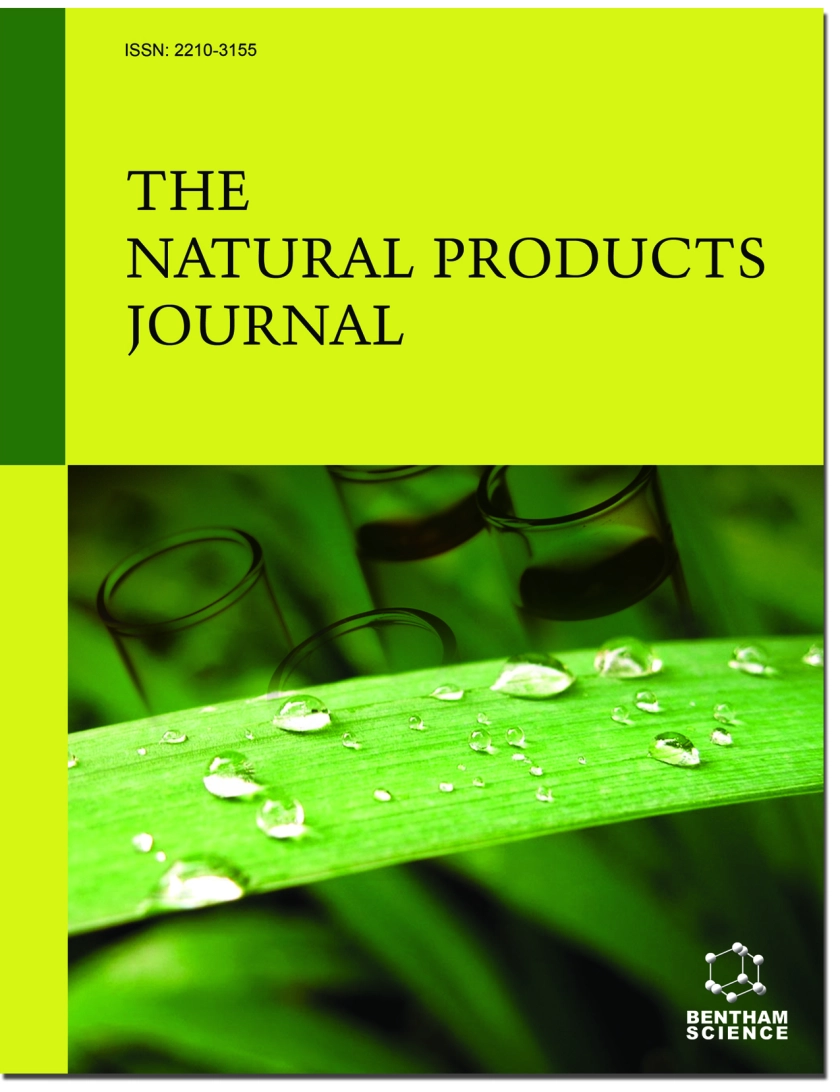
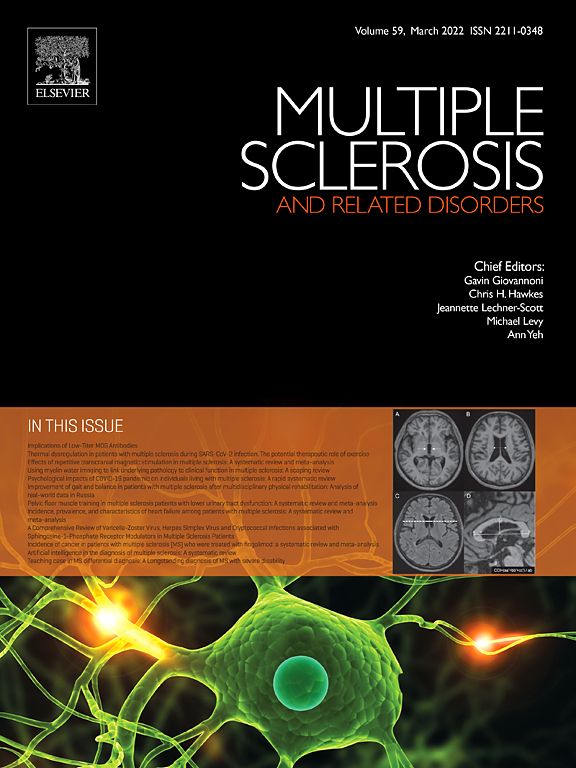


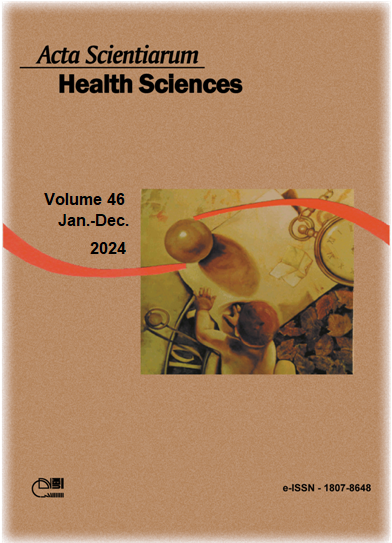



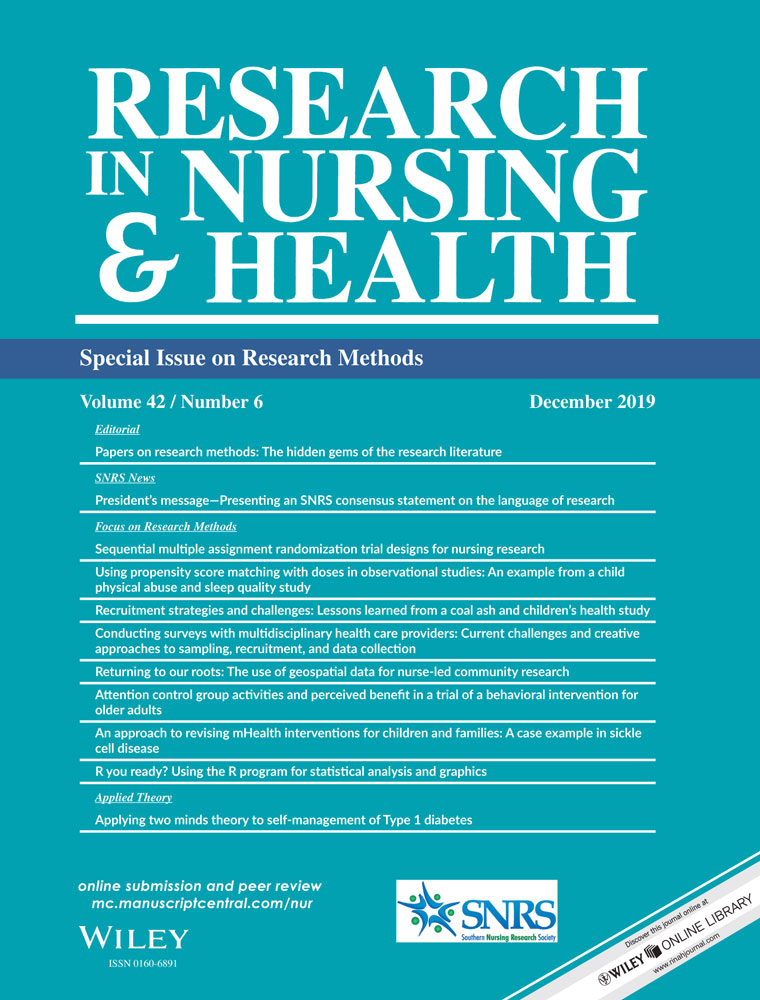

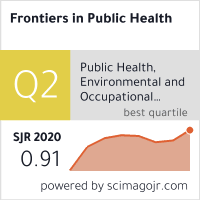
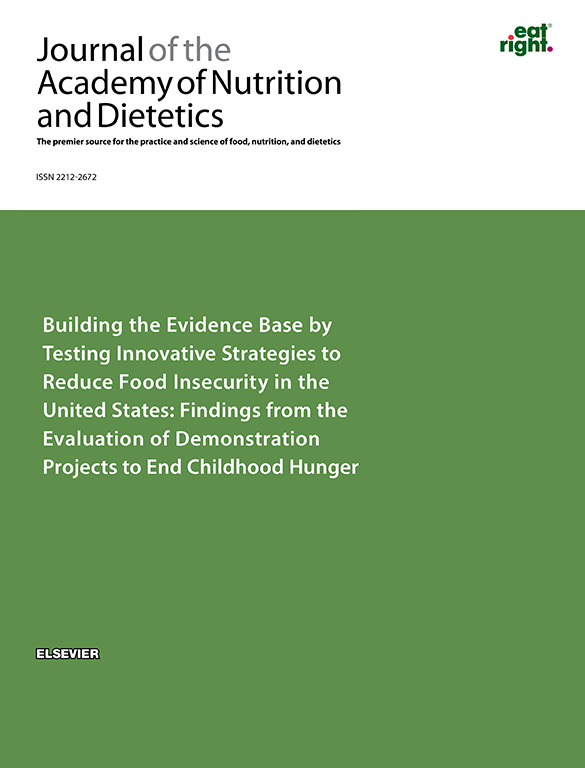
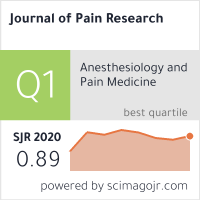


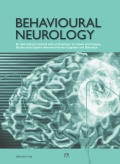
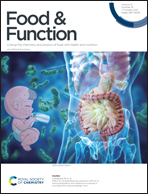
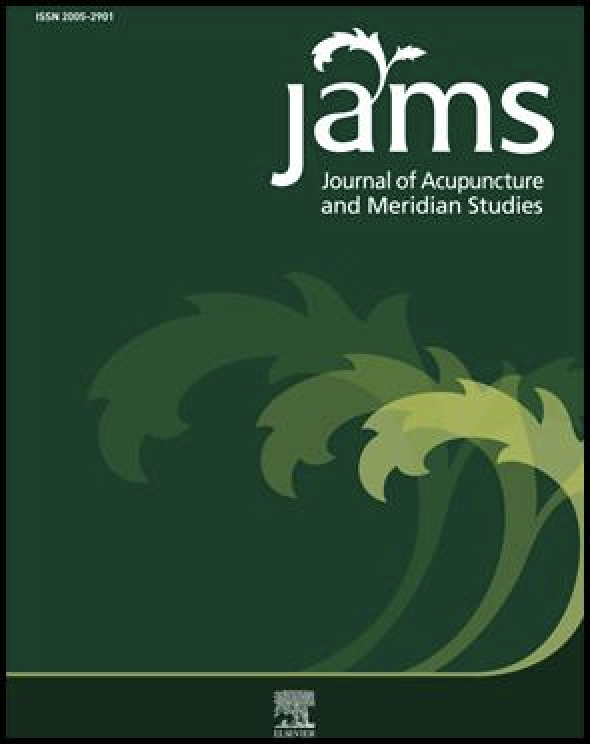
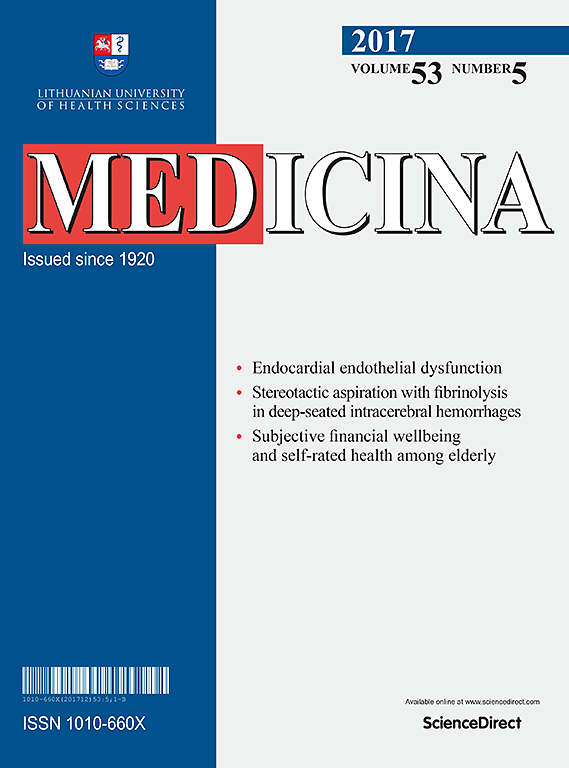
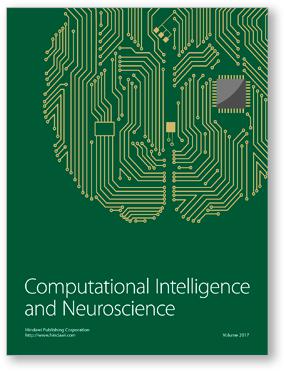



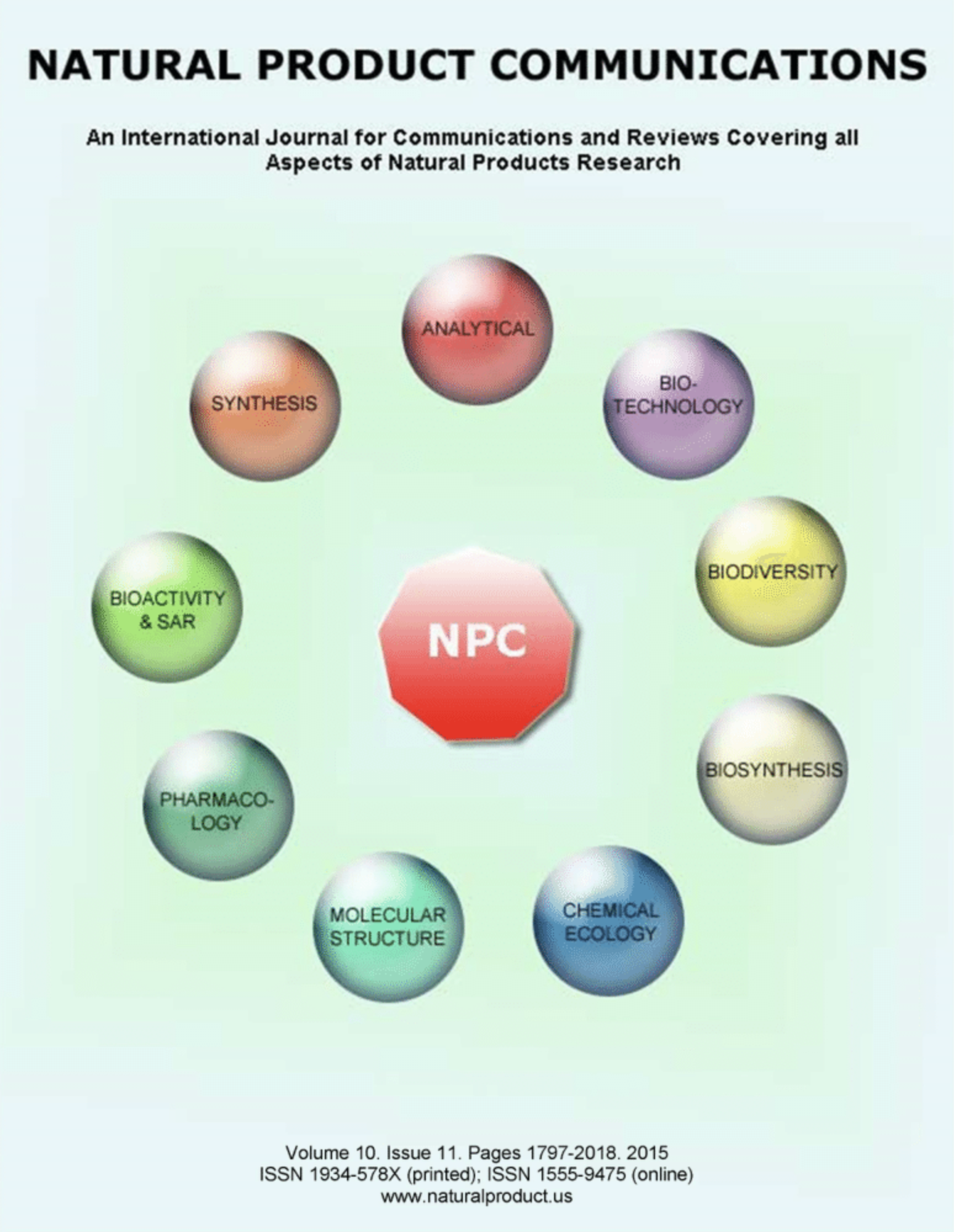

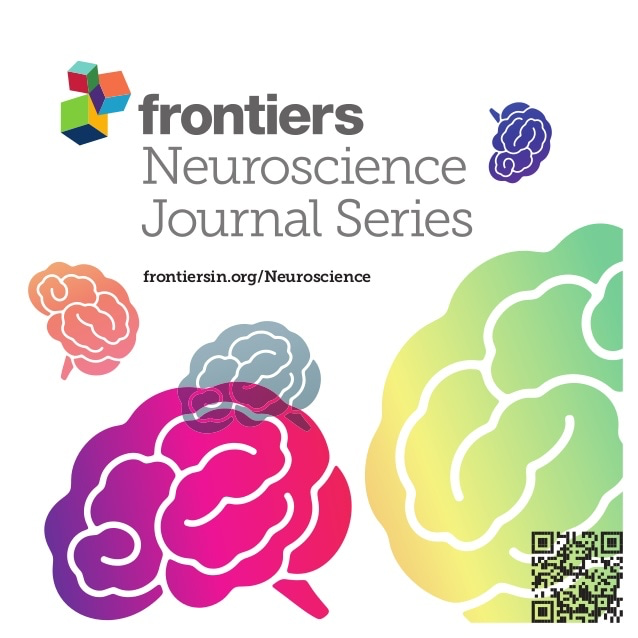

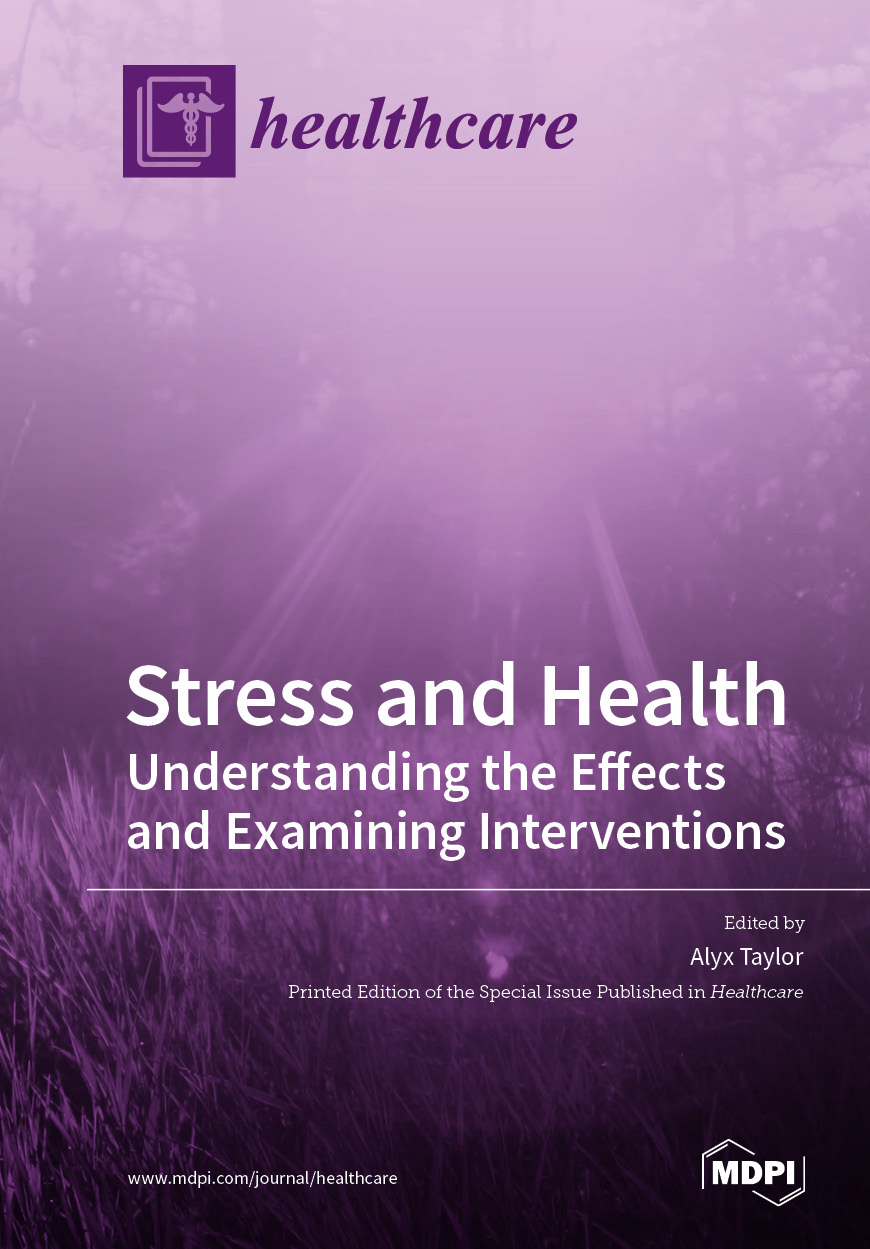

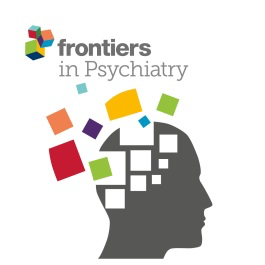
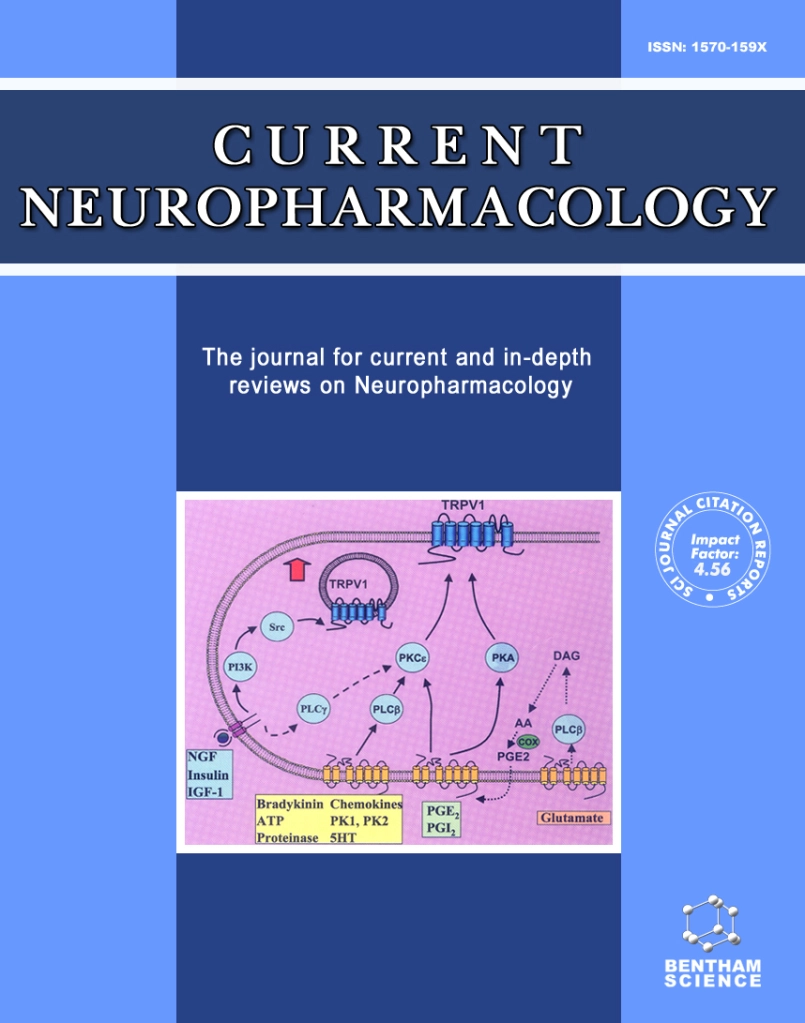
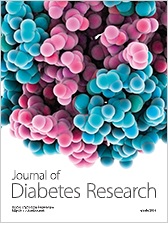
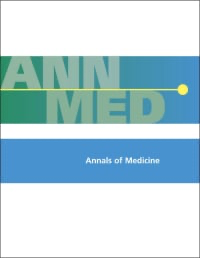
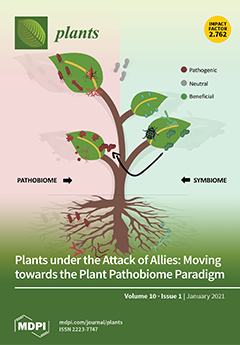
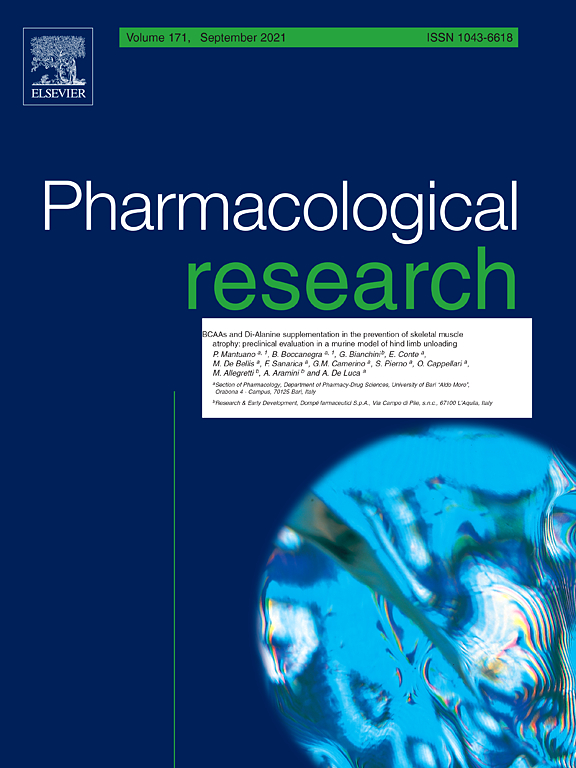
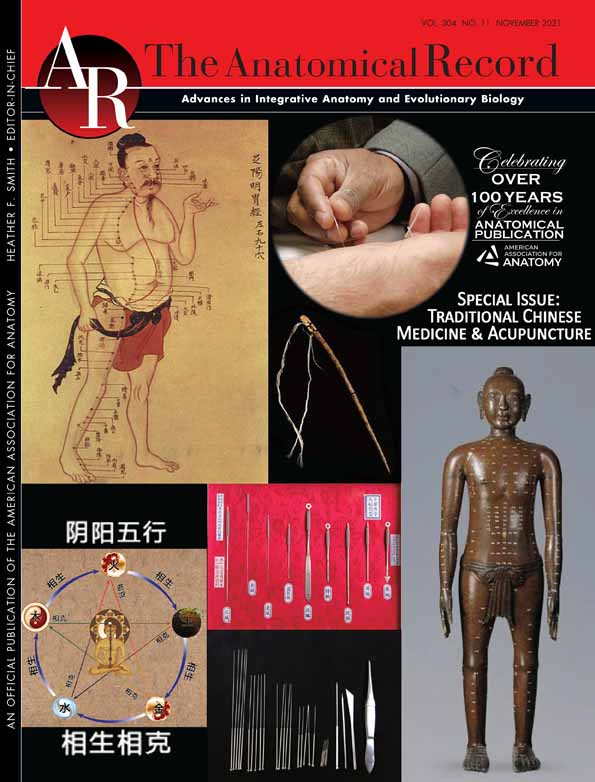
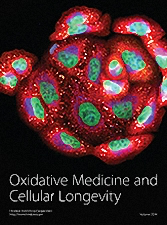

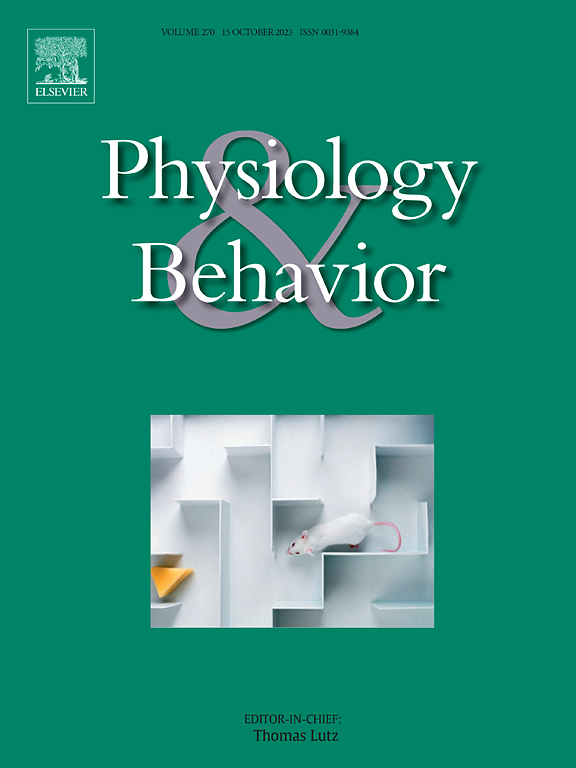

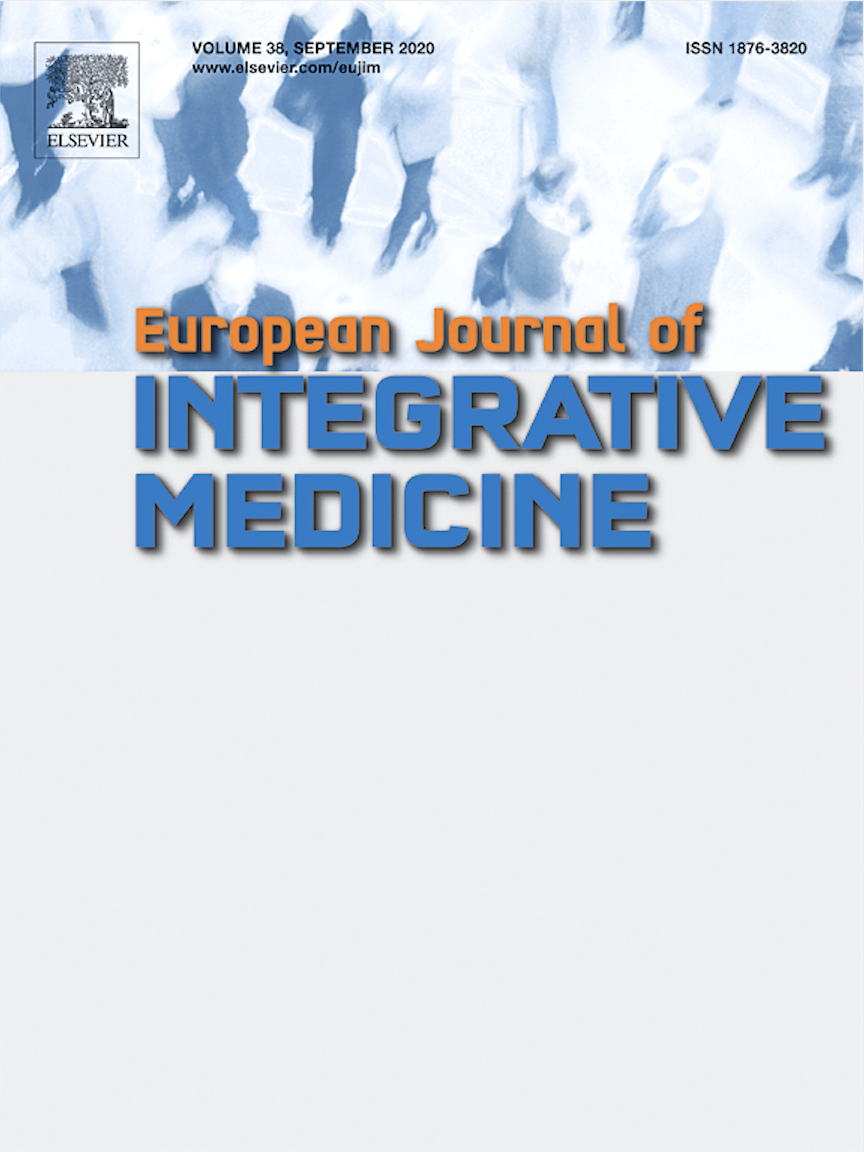
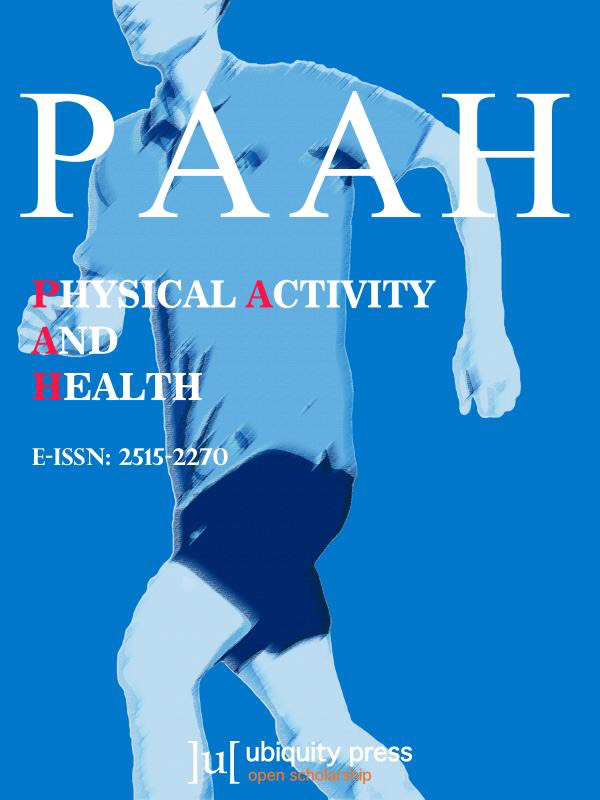
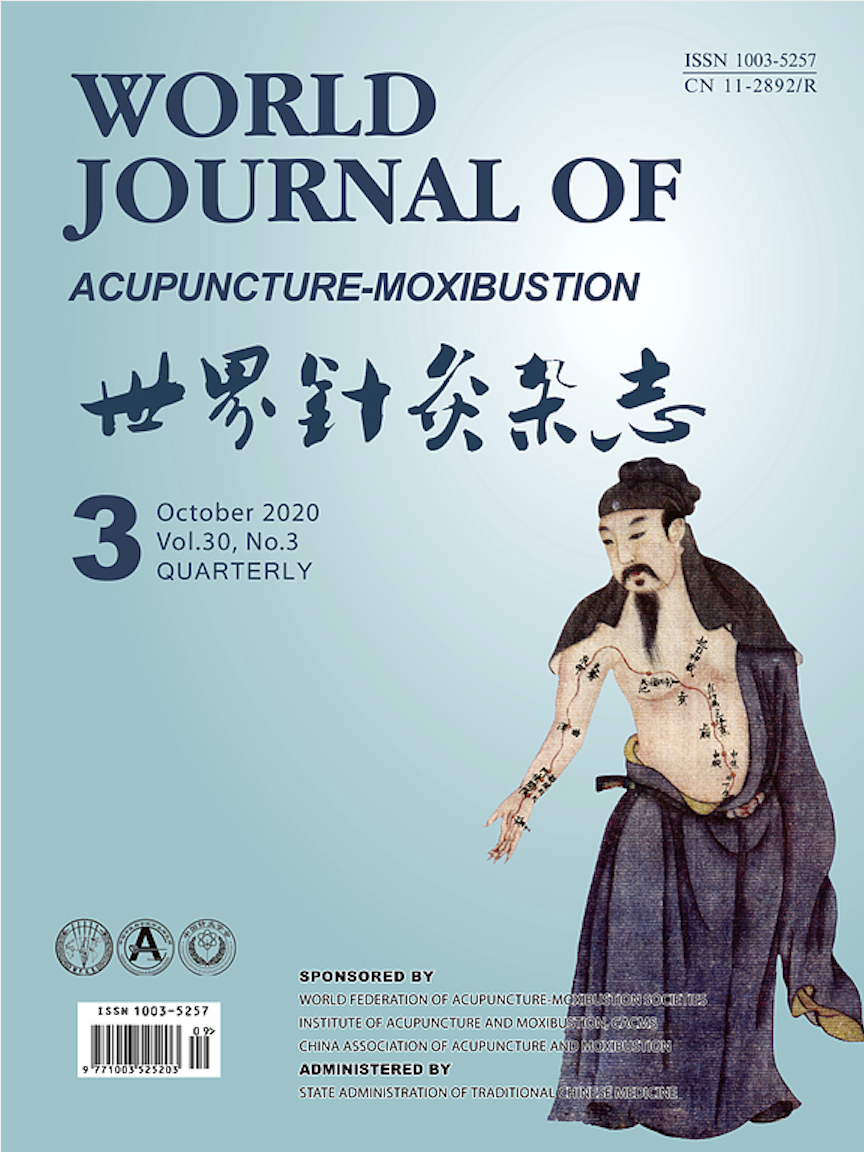

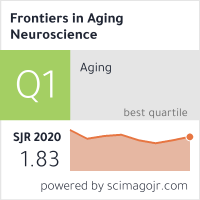
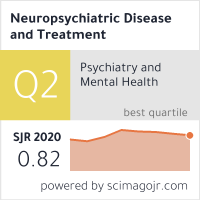
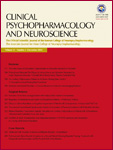
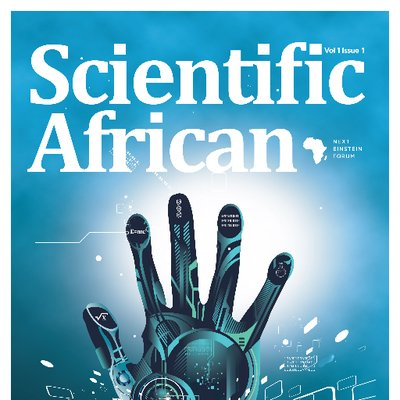
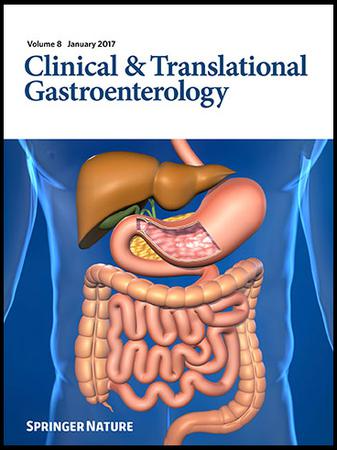

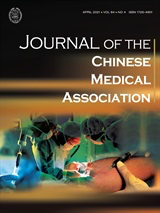
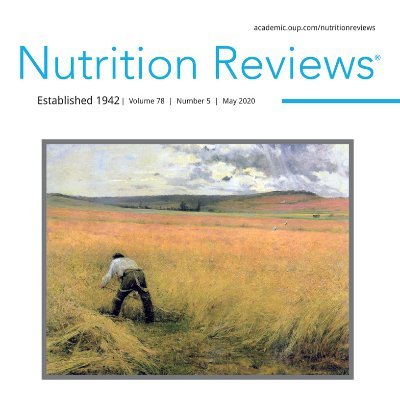
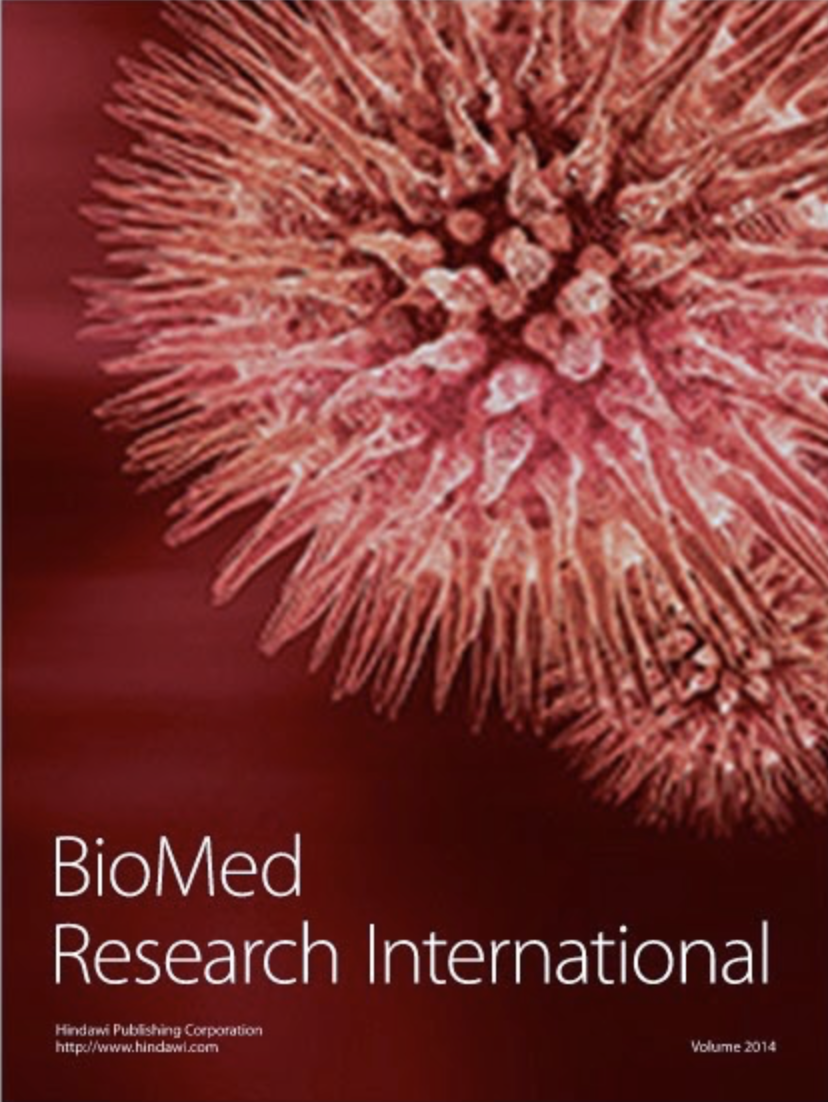
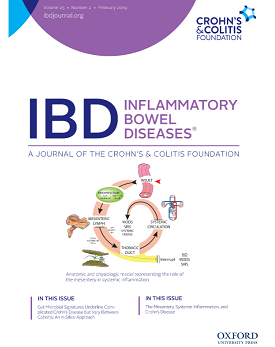
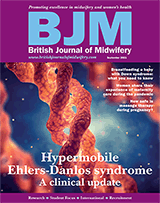
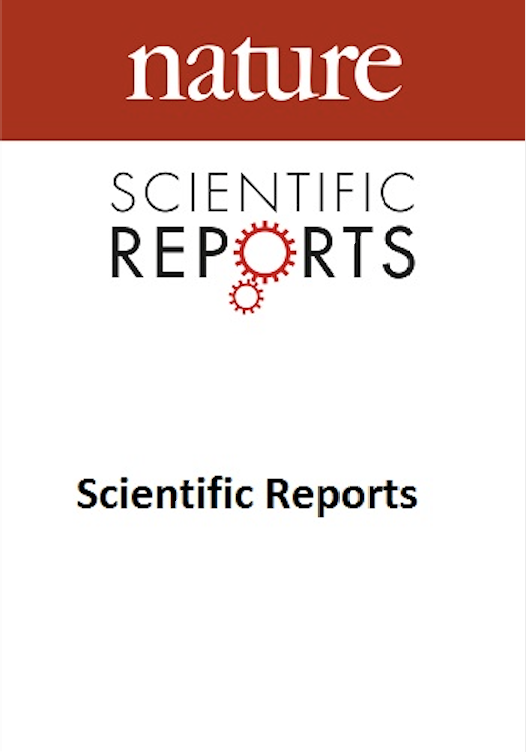
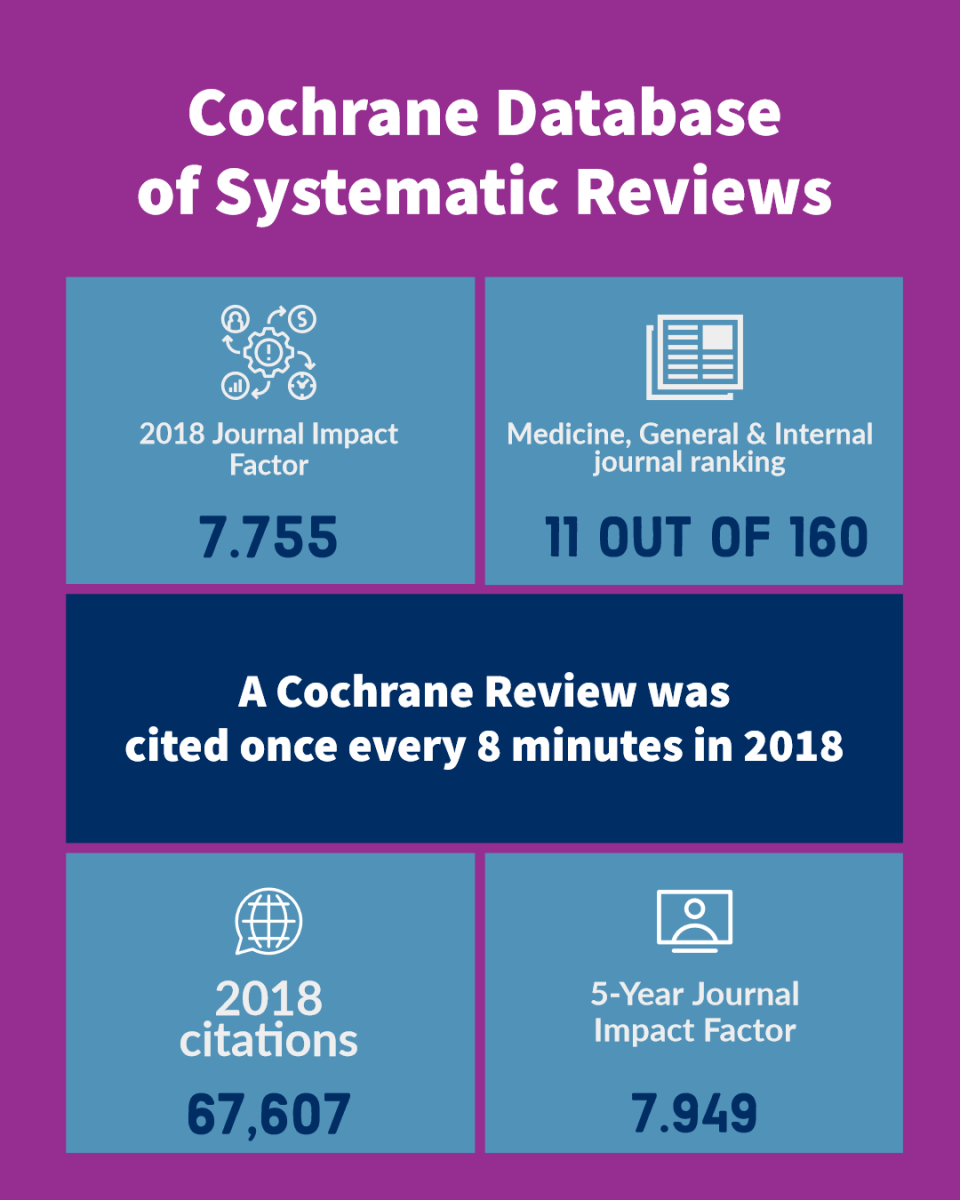
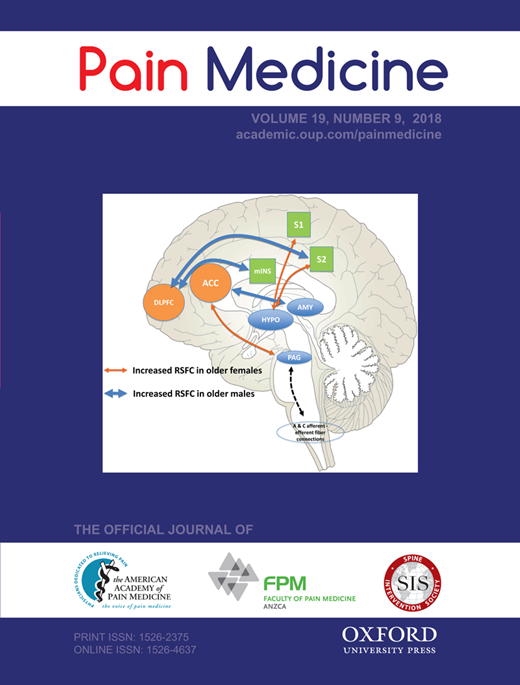
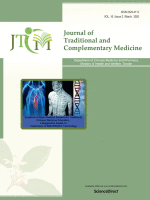
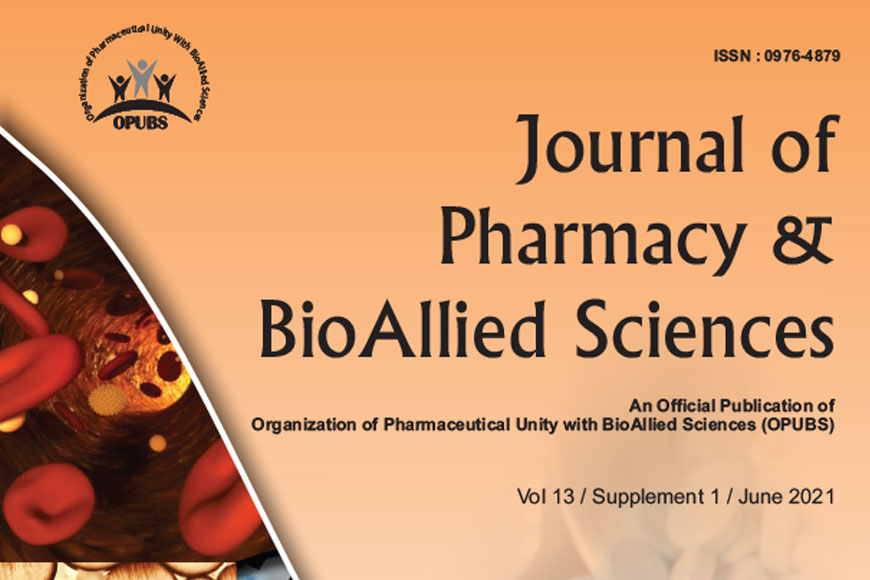
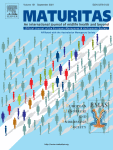

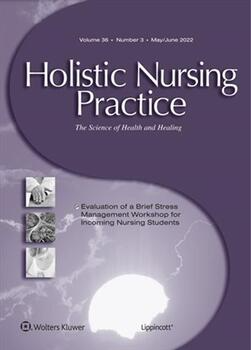
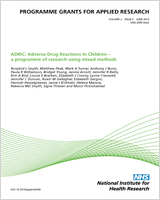
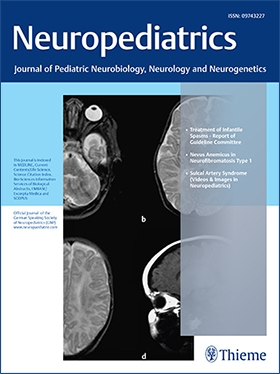
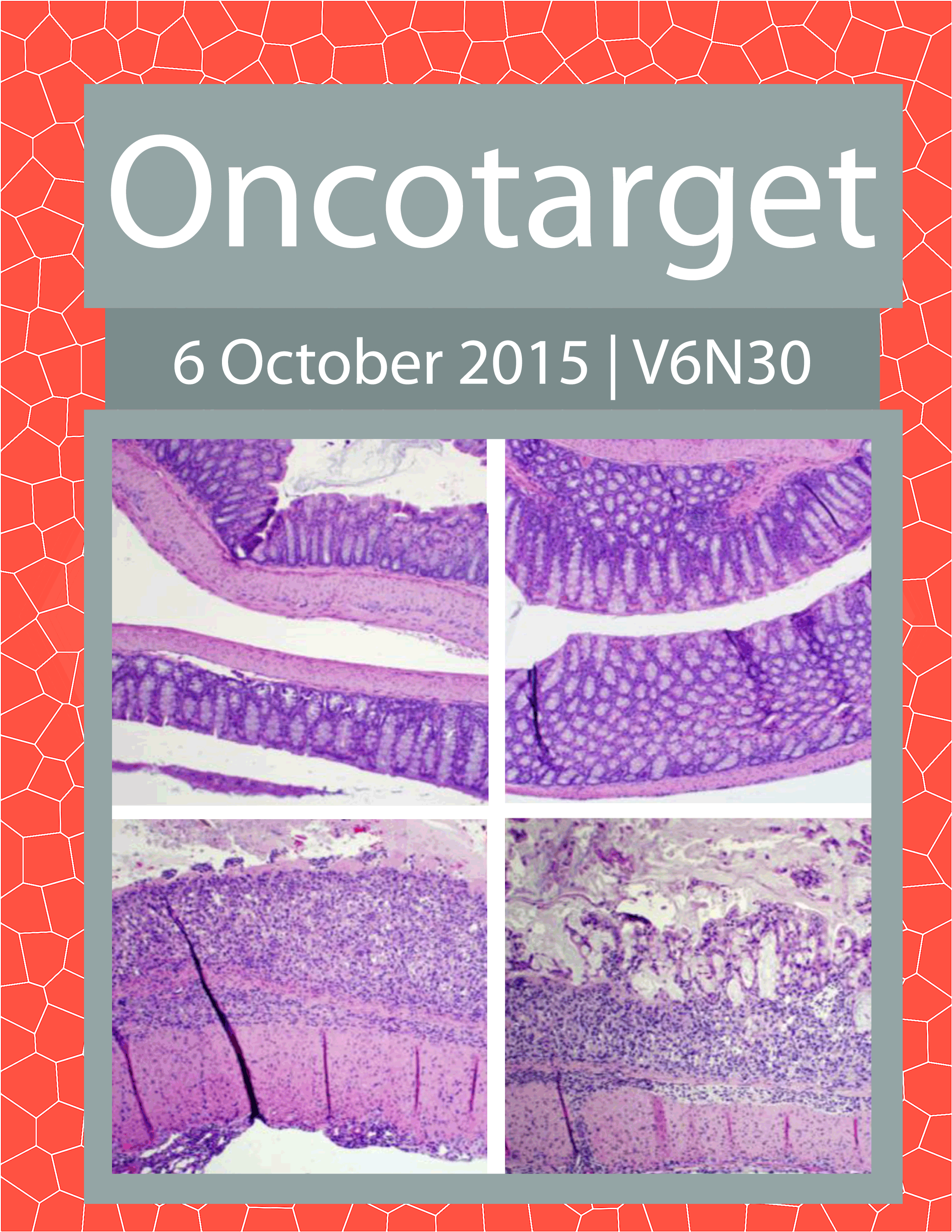
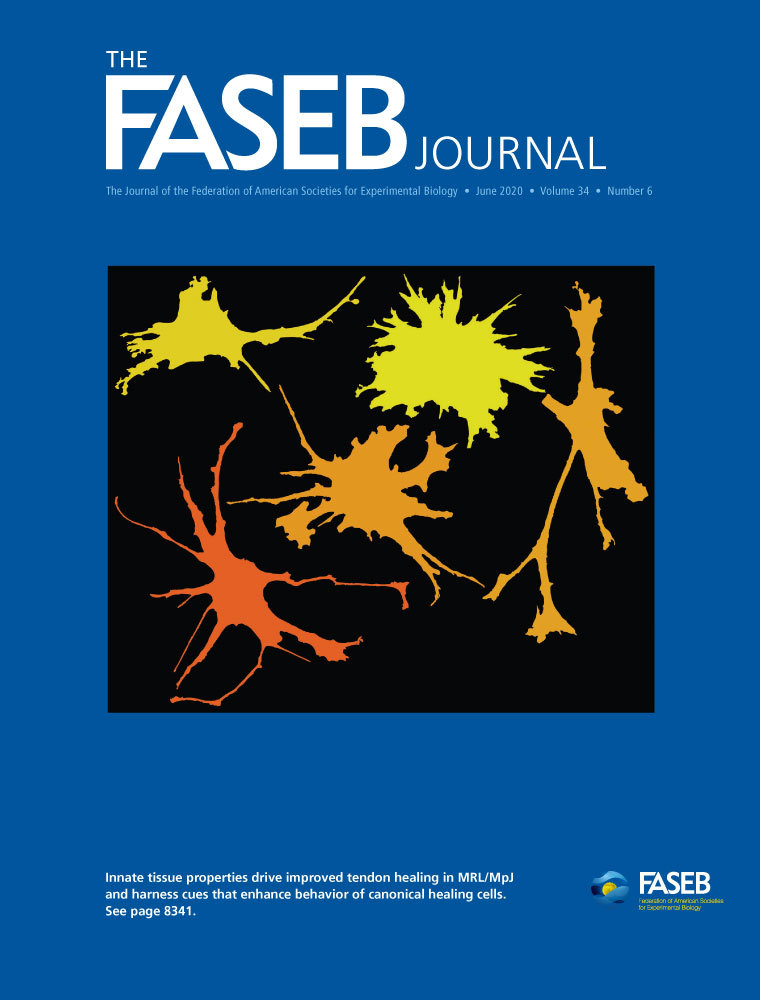
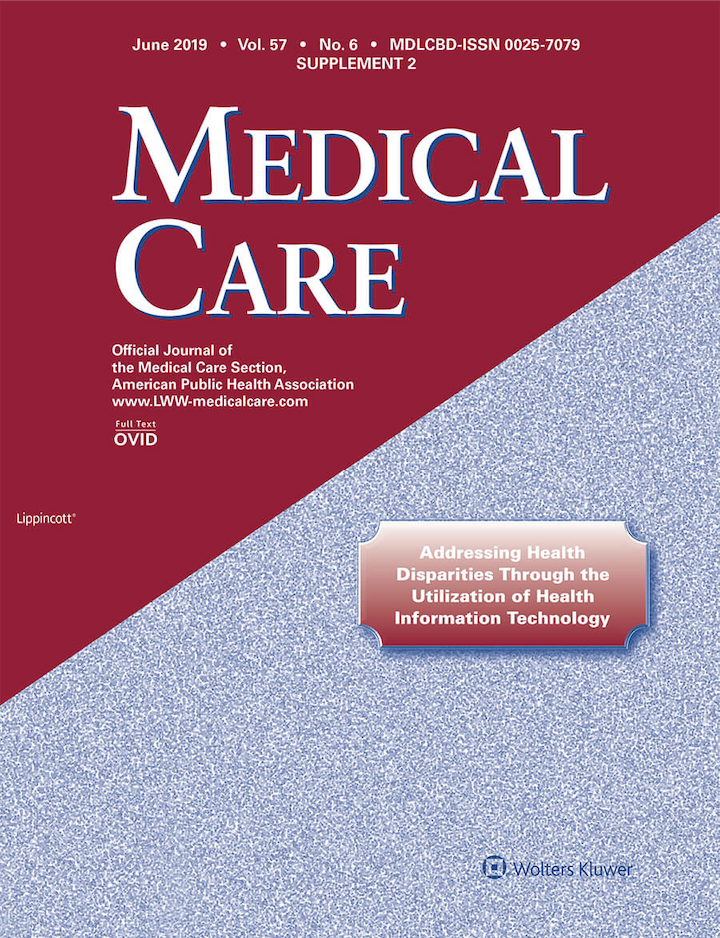
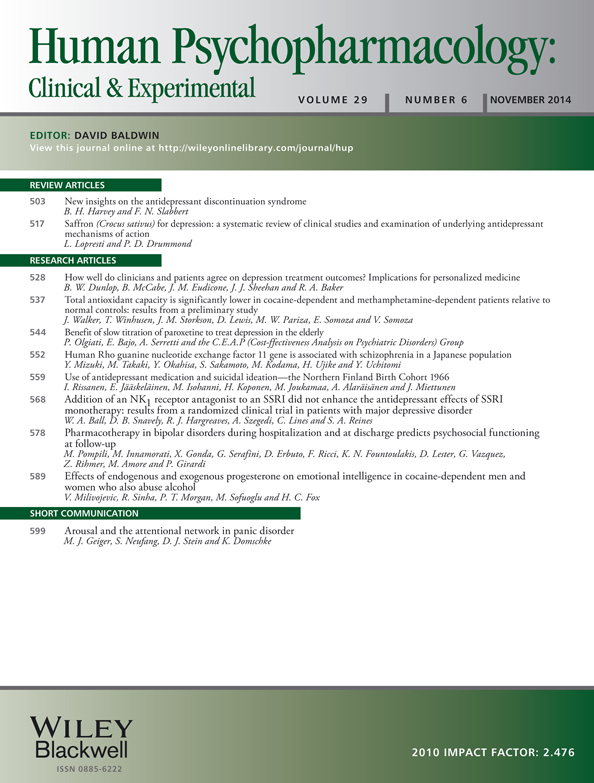
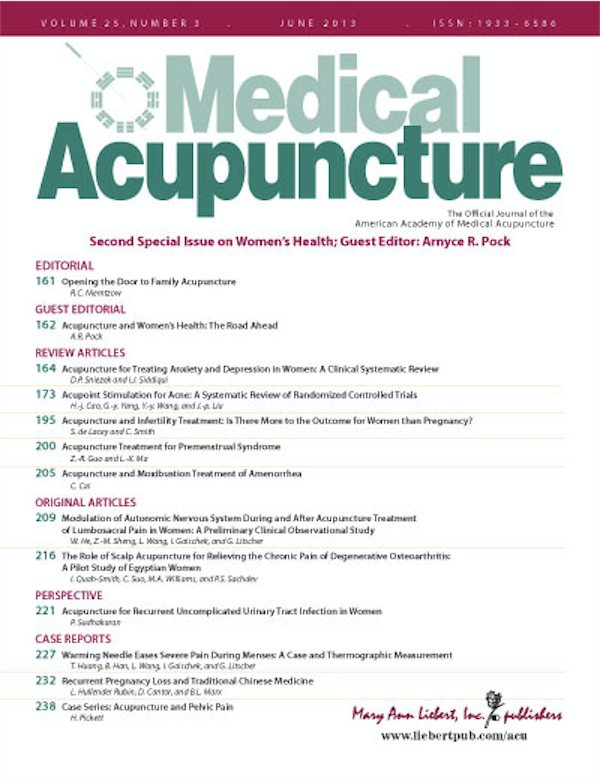
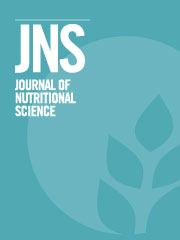
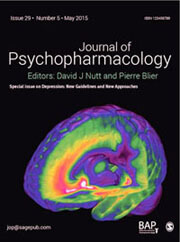
The scientific evidence for efficacy of omega-3 supplementation in reducing symptoms of depression and anxiety in young people is inconclusive, however, it was found that most "grey literature" sources recommended the use of omega-3 supplements in young people. —Jinnan C 20 Oct 2023